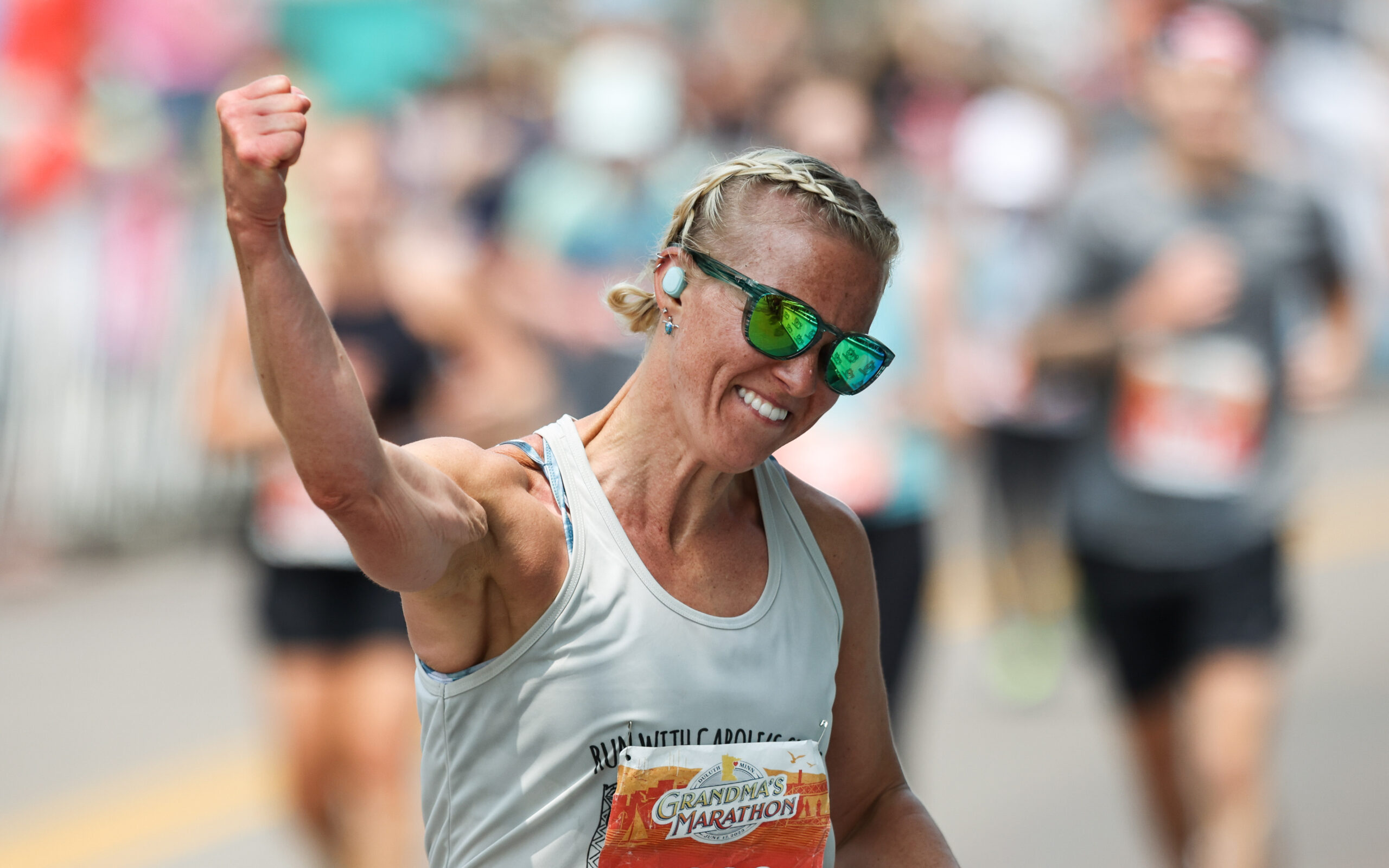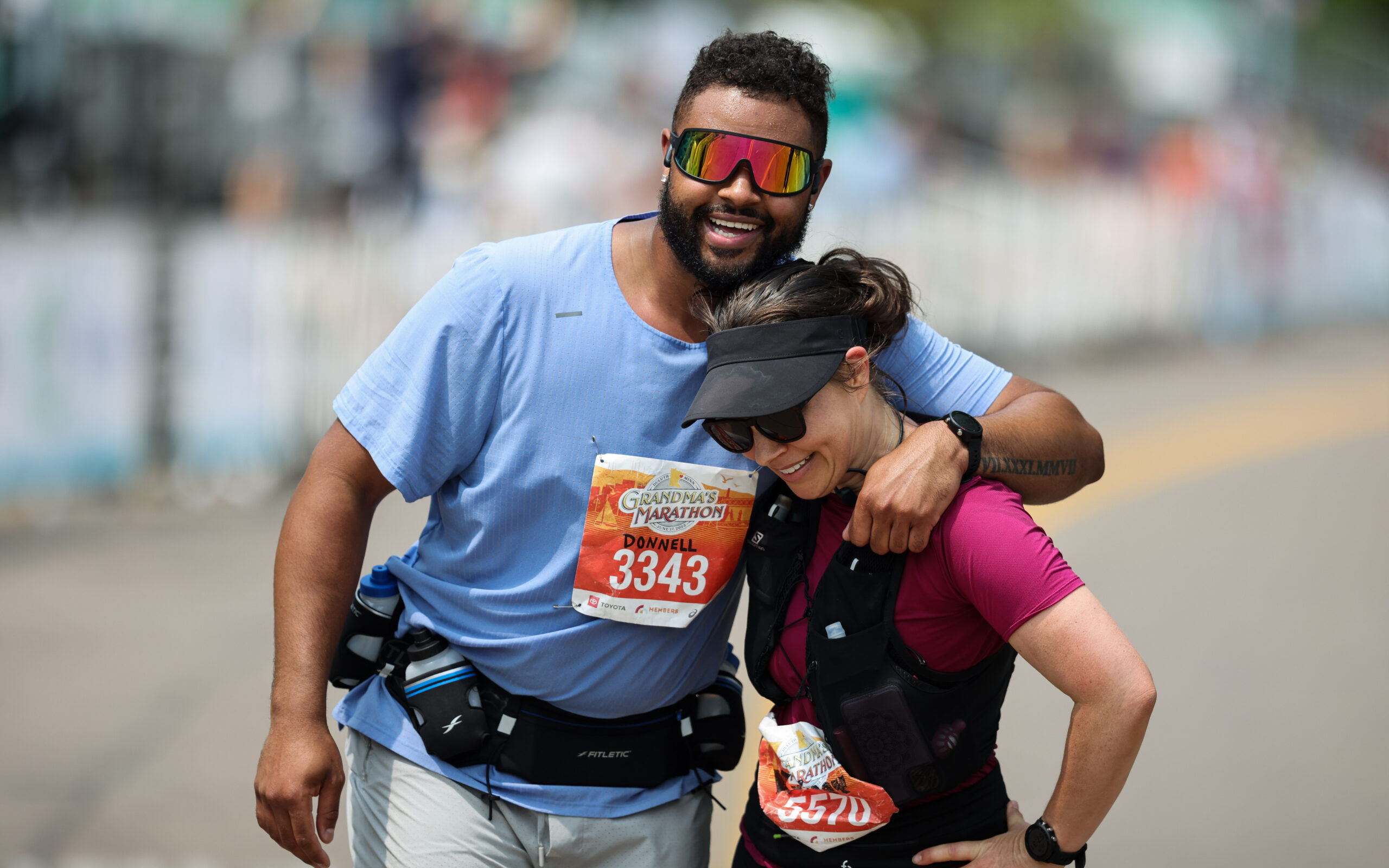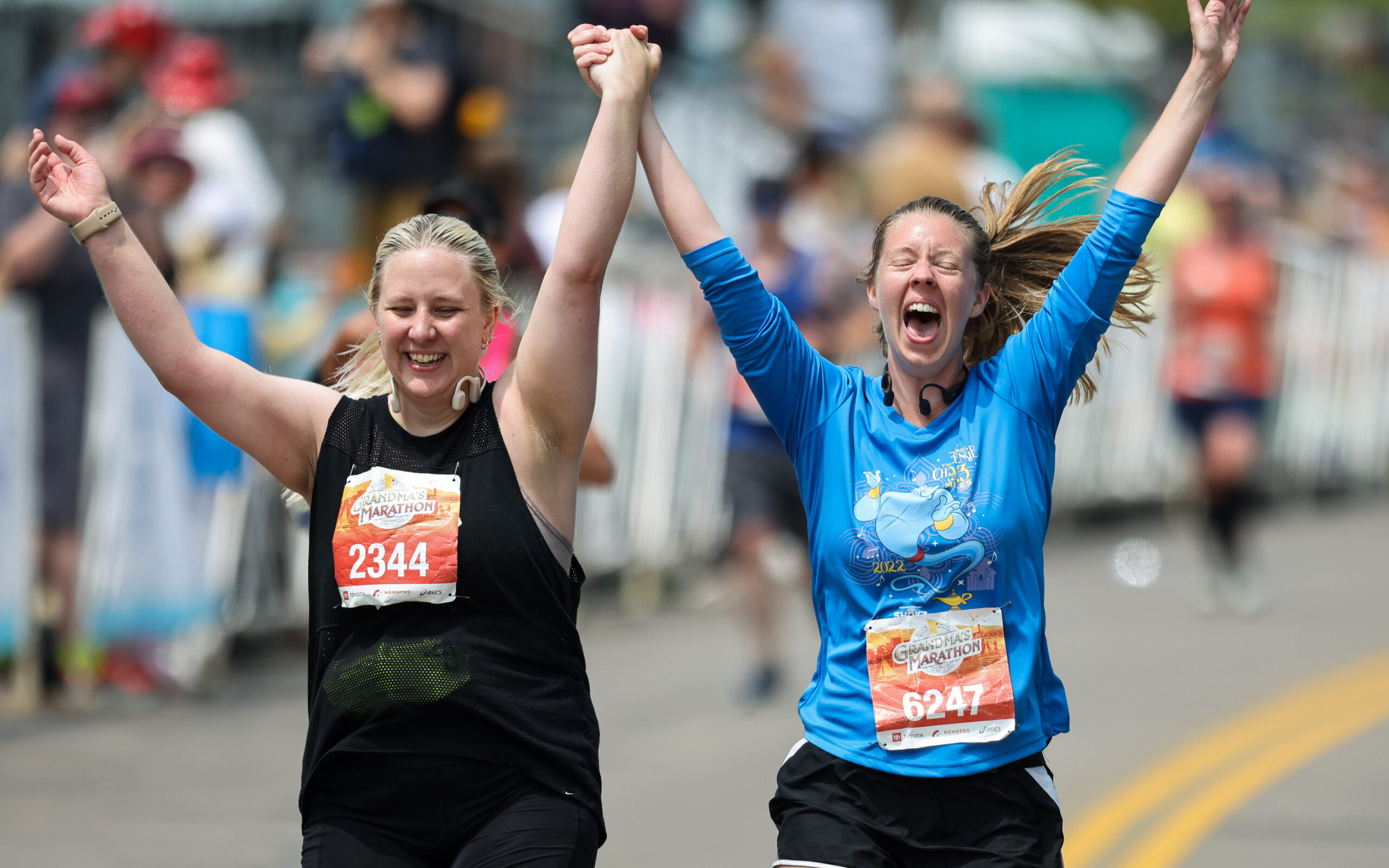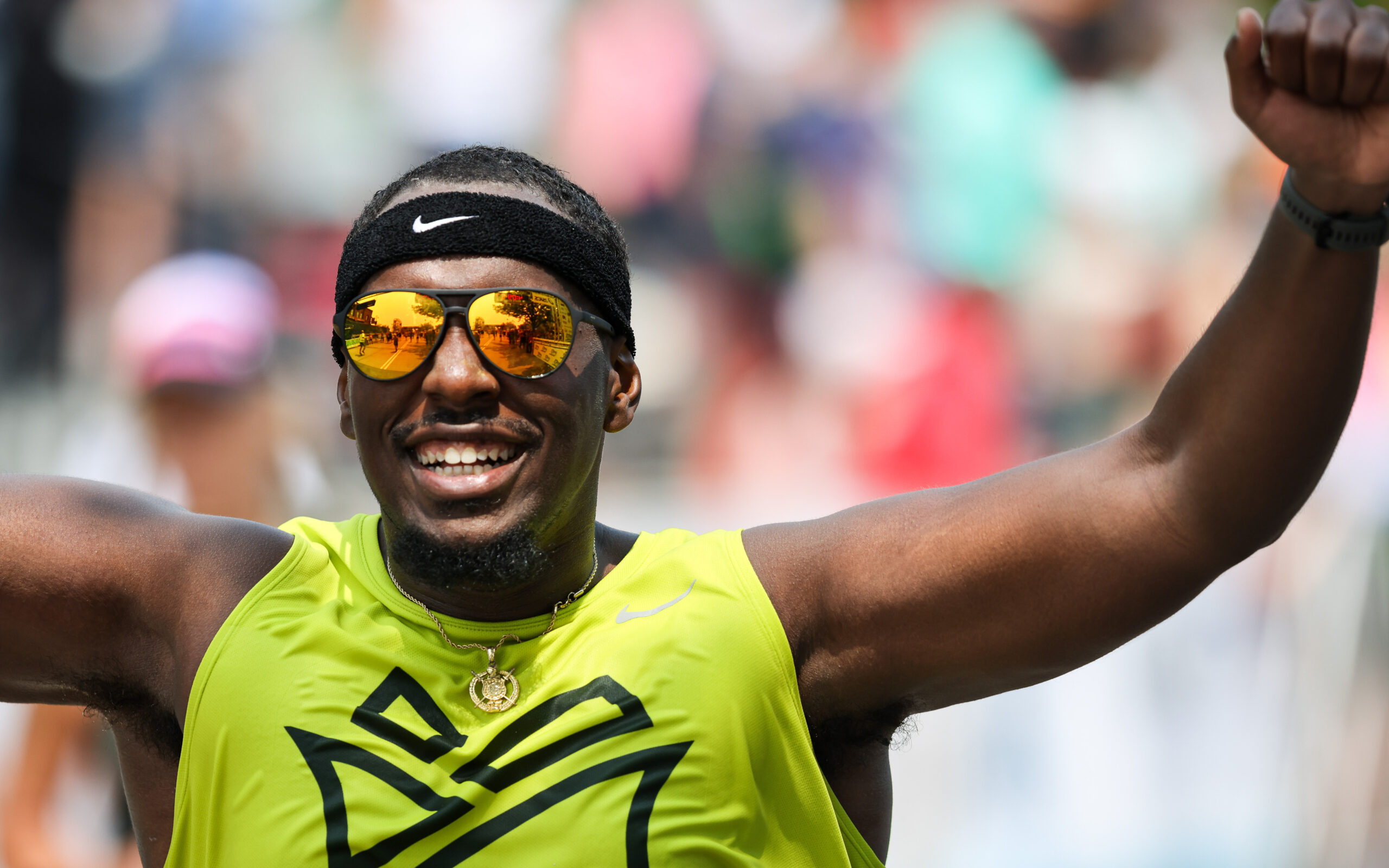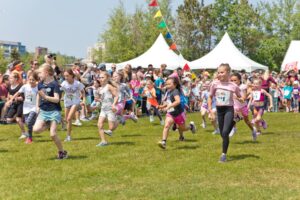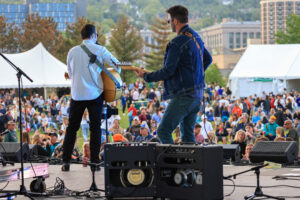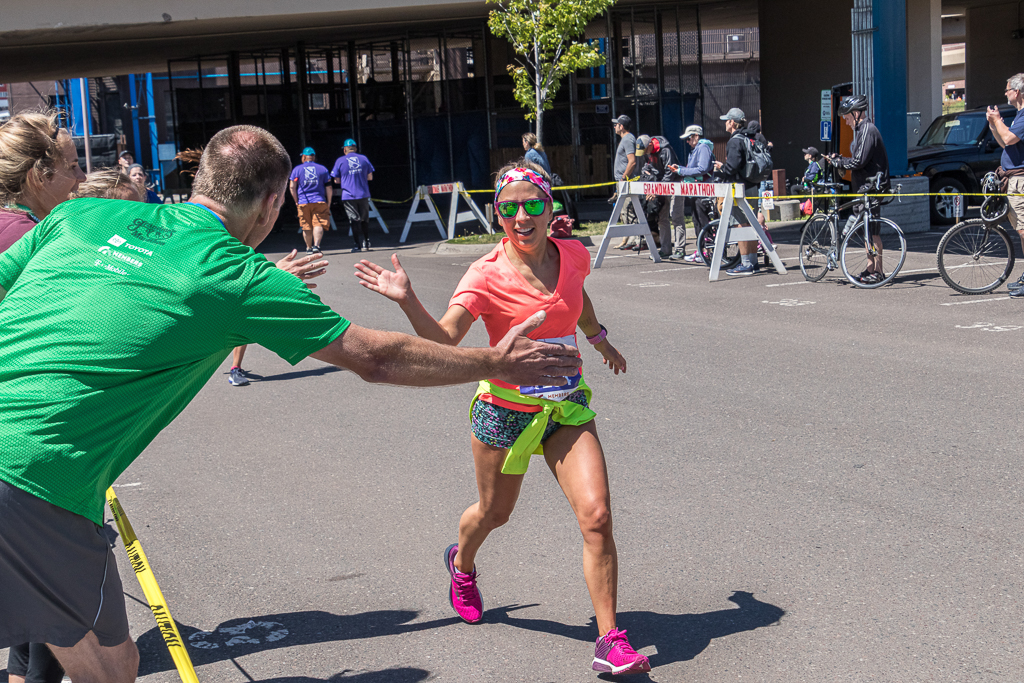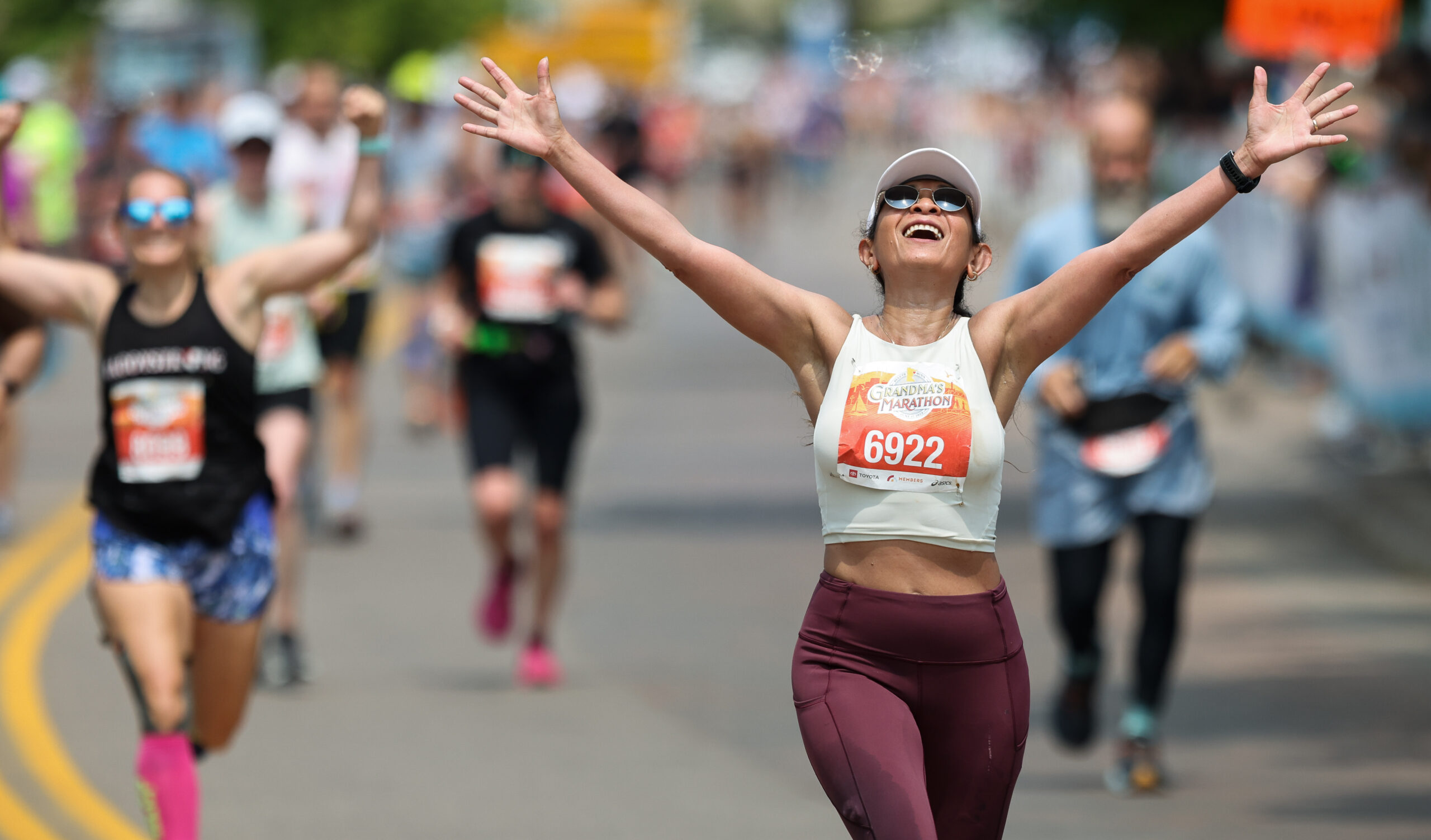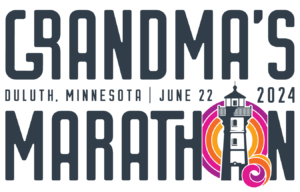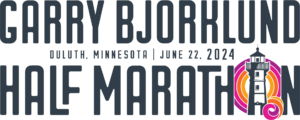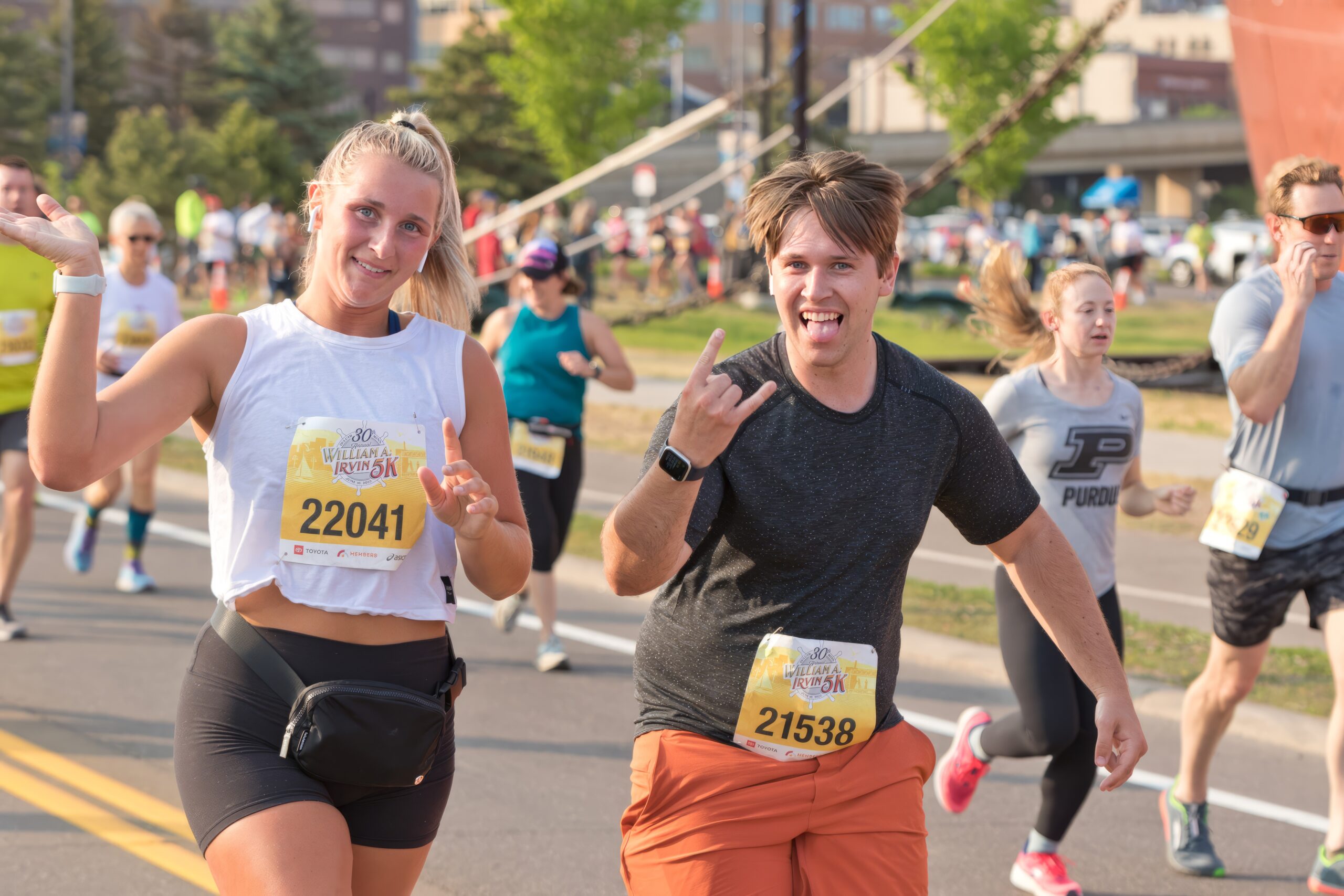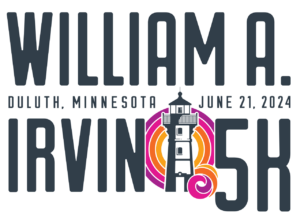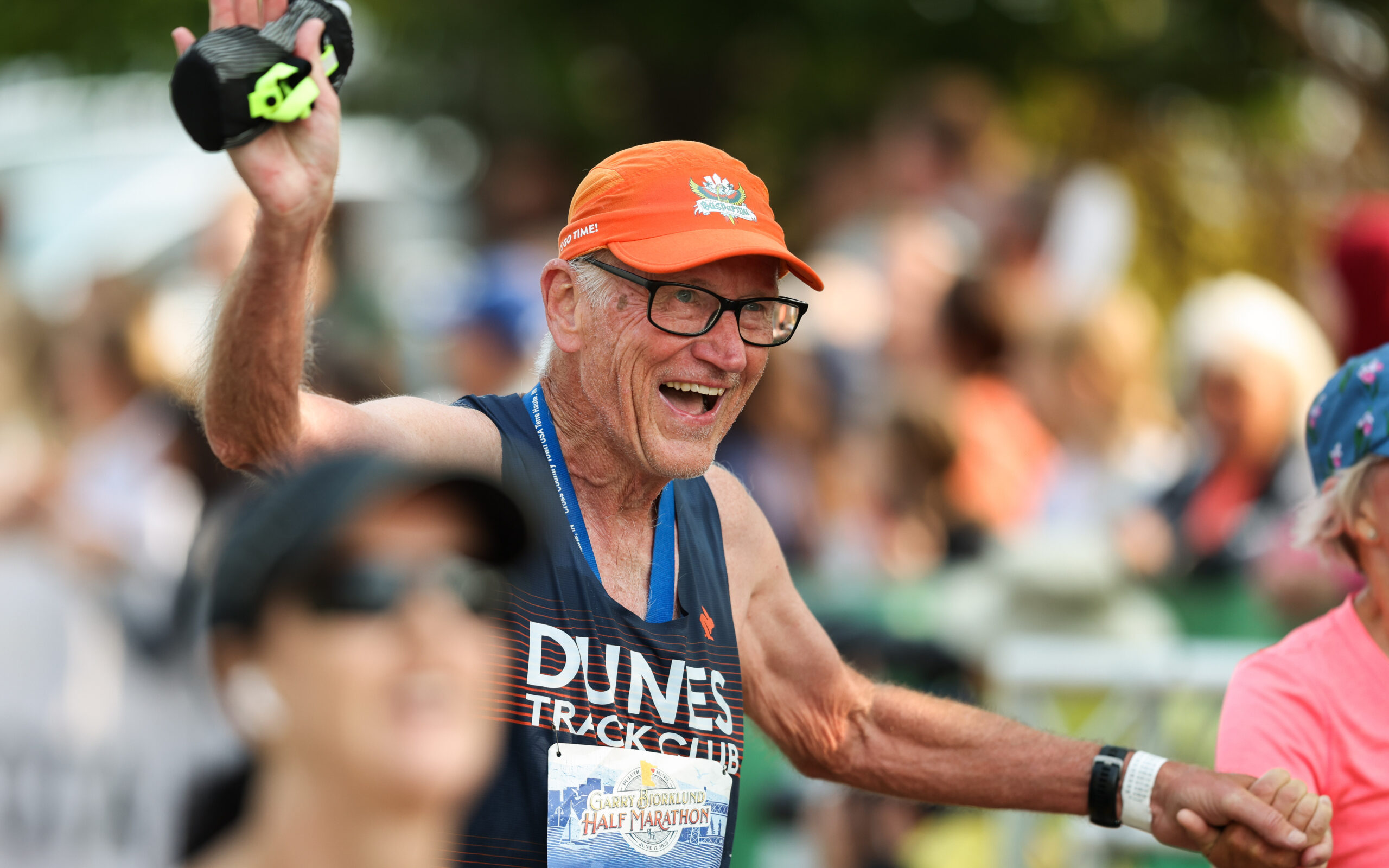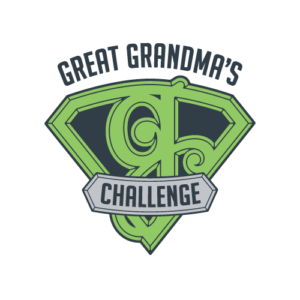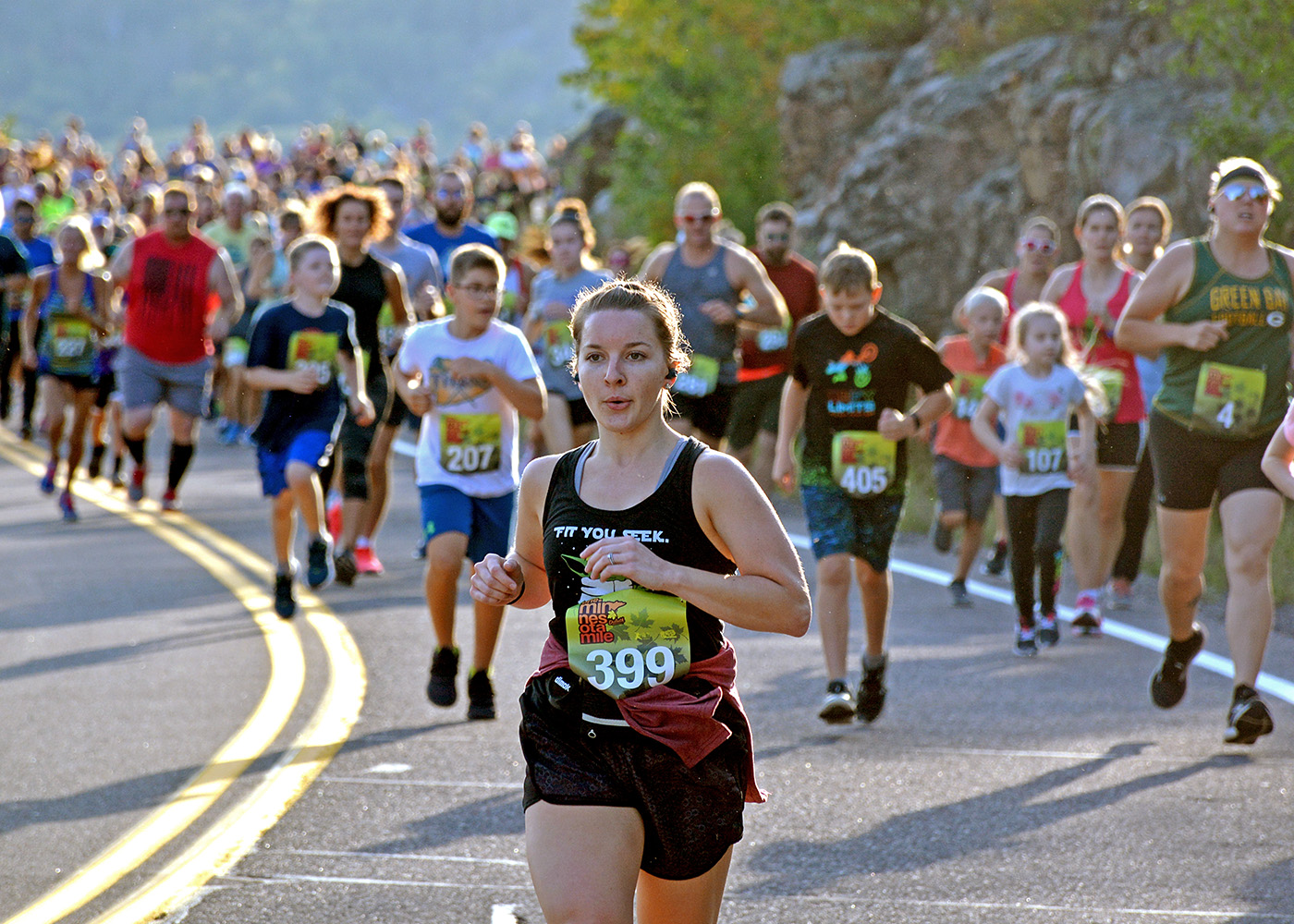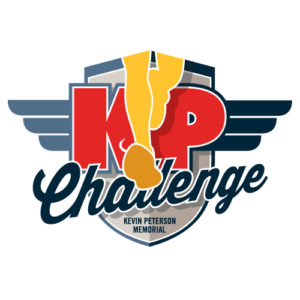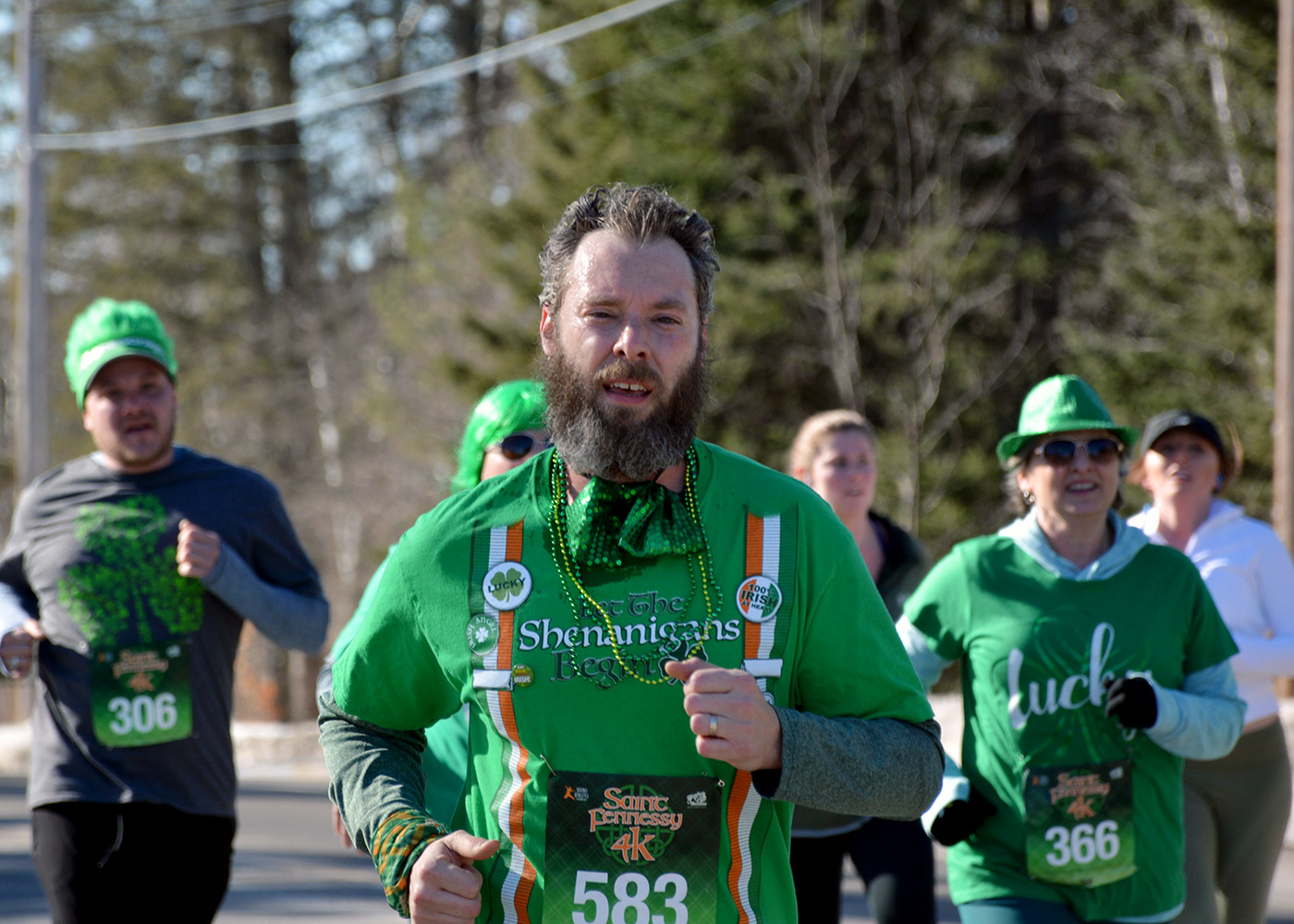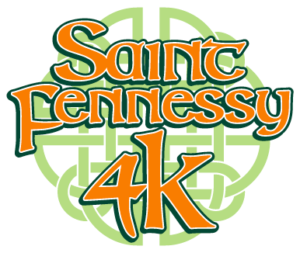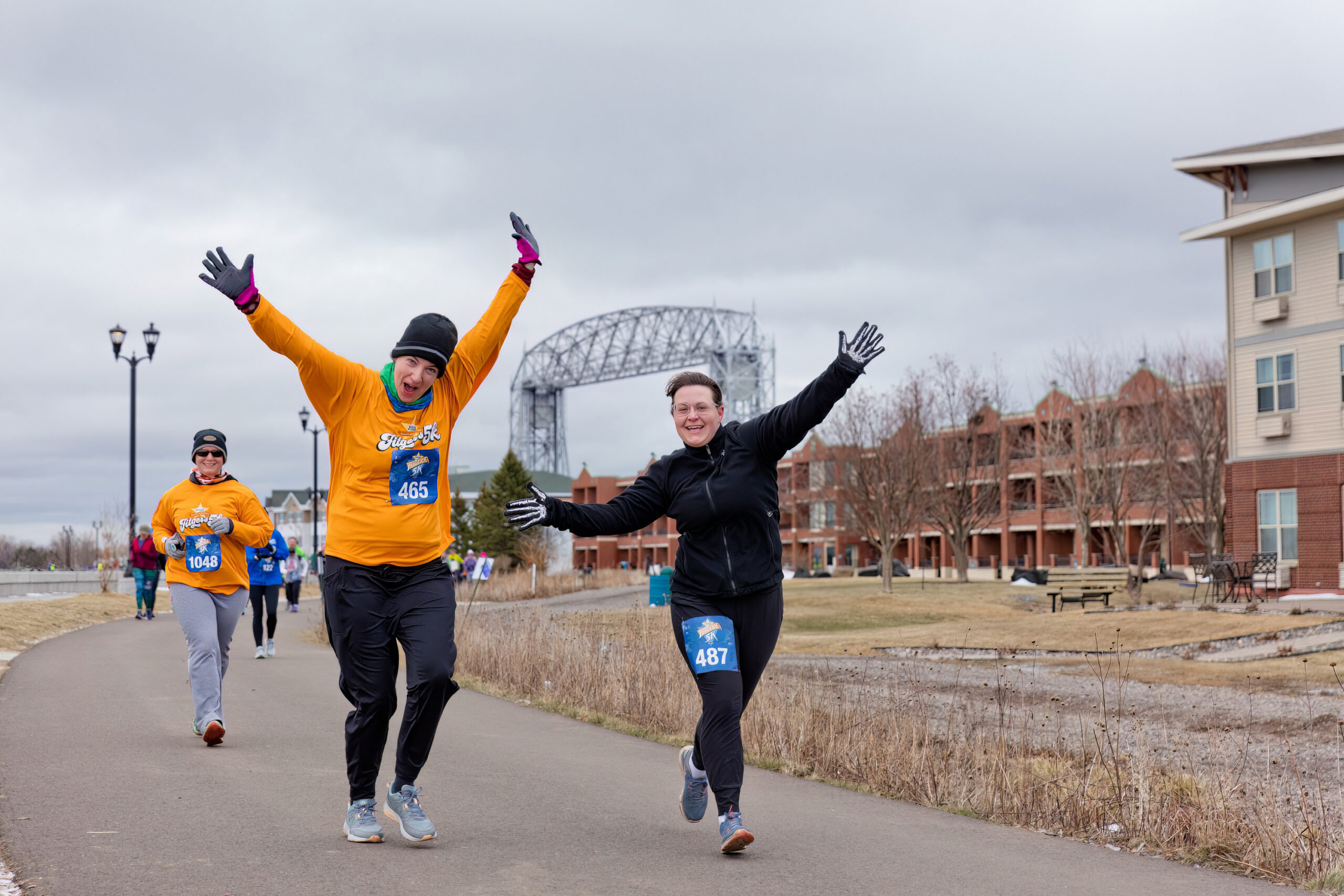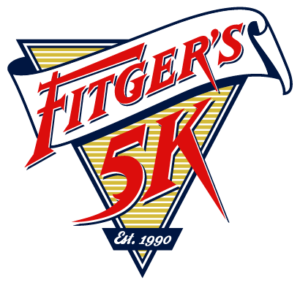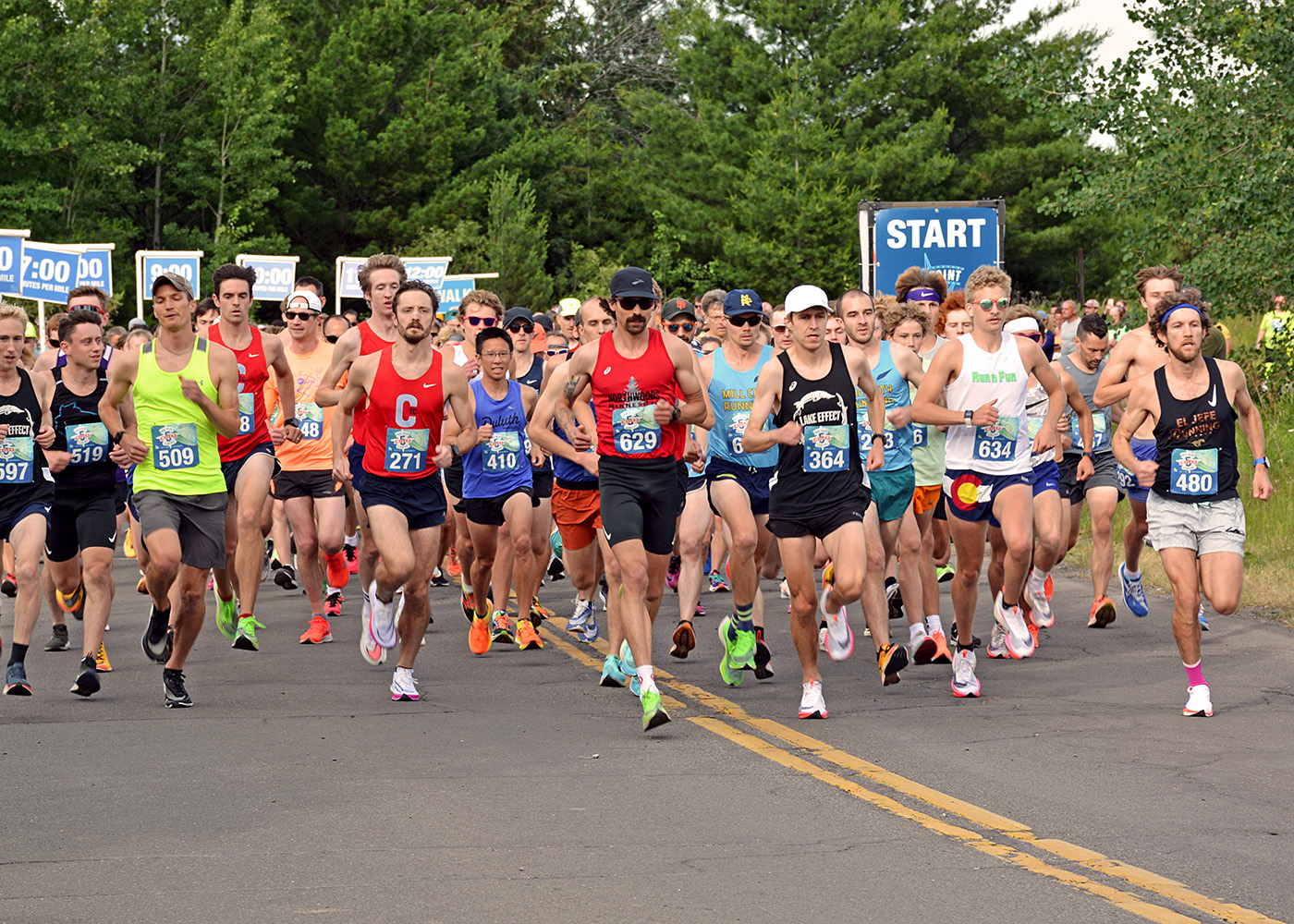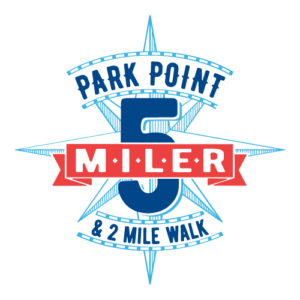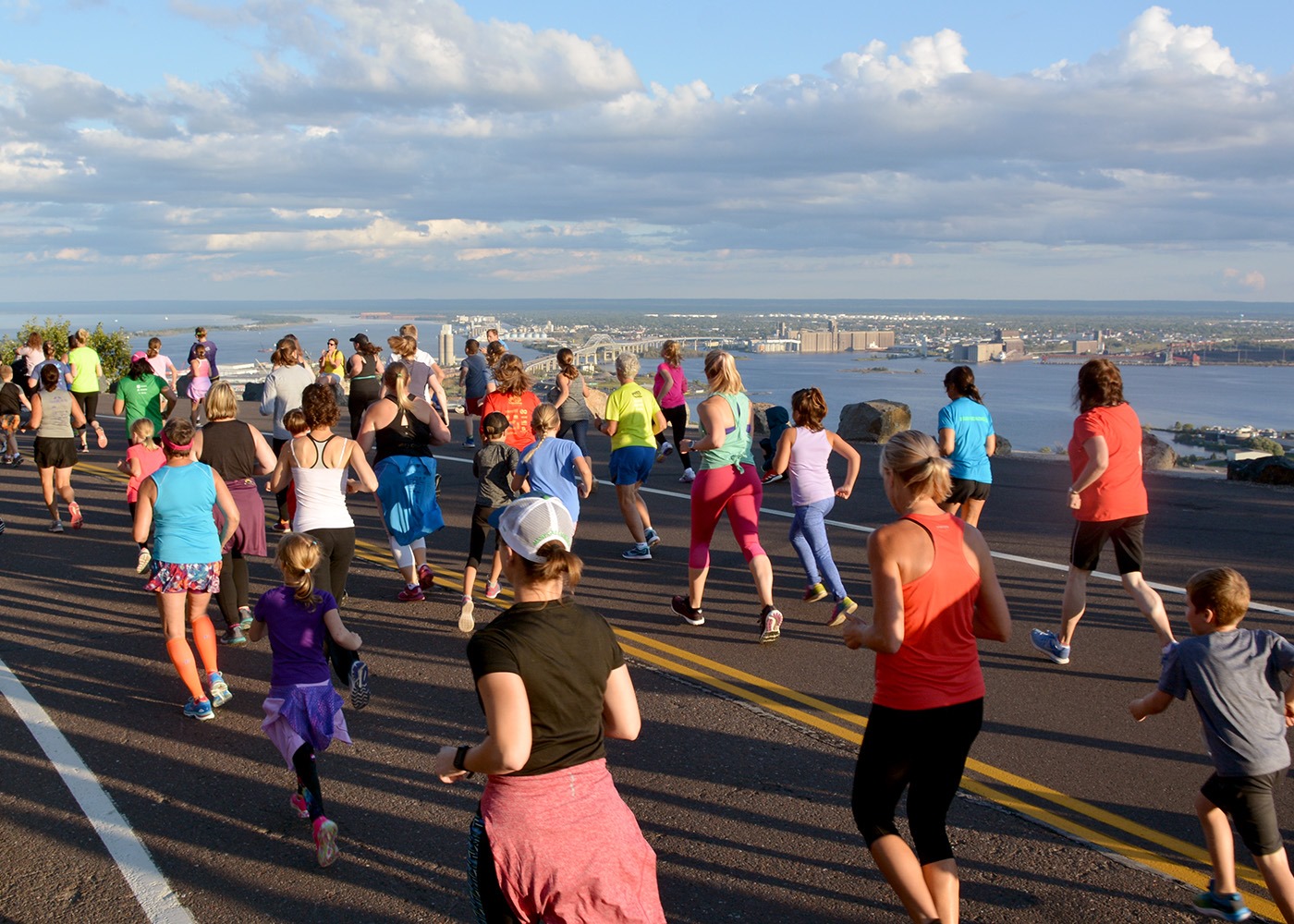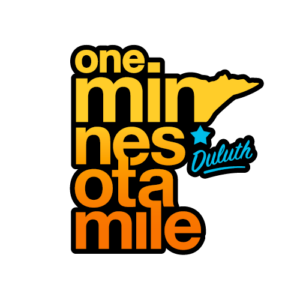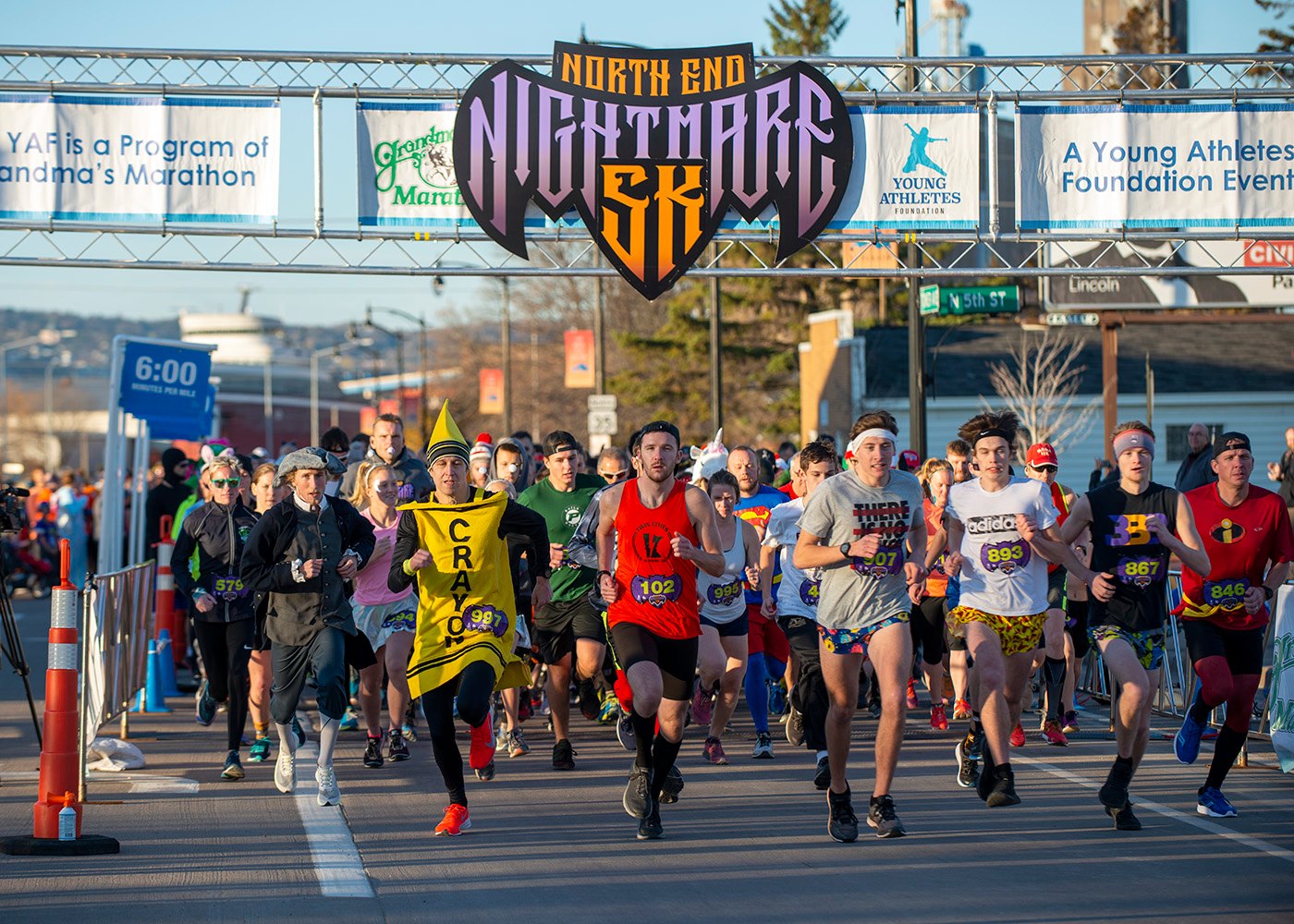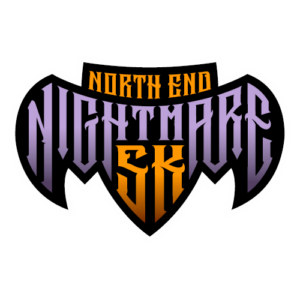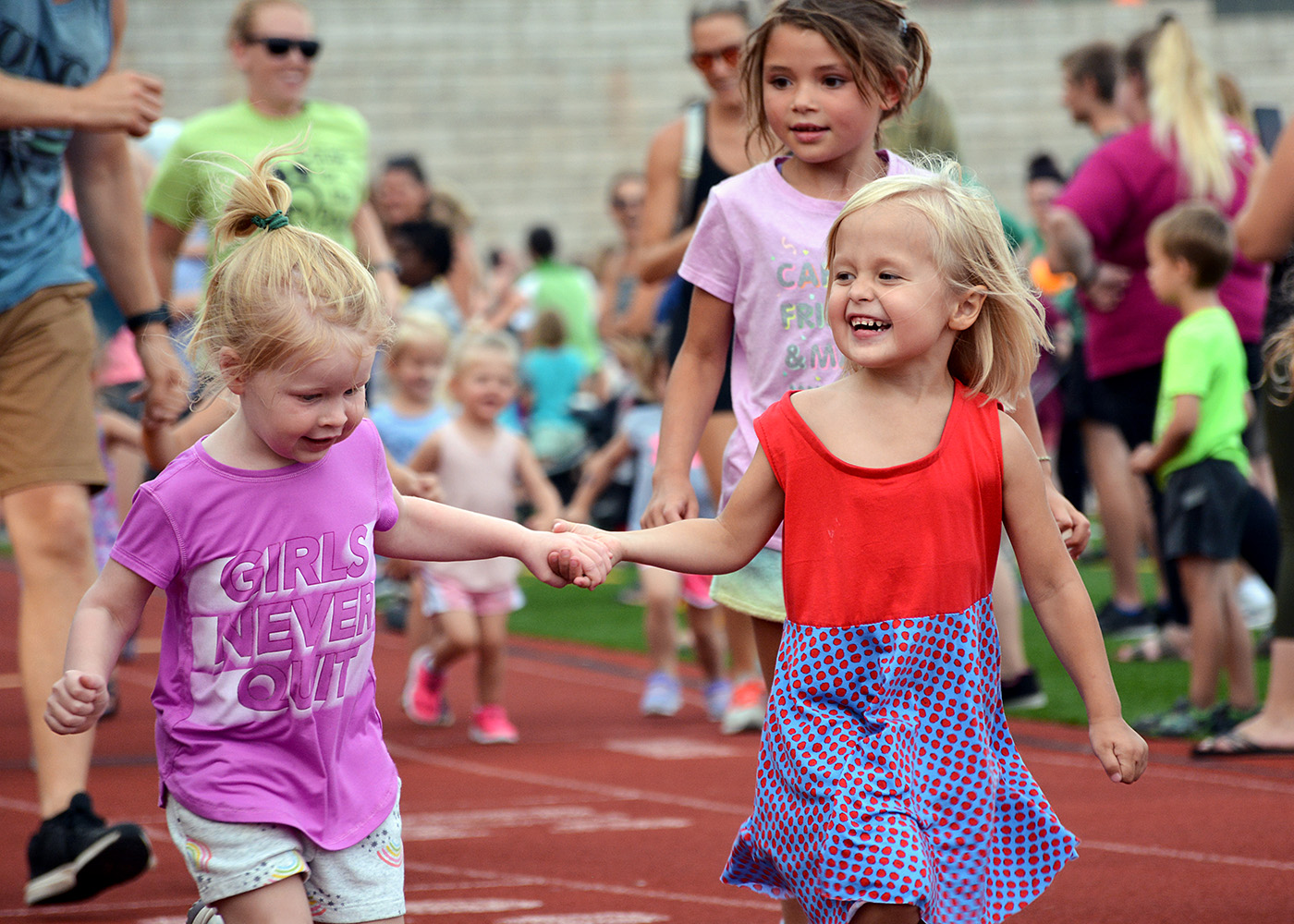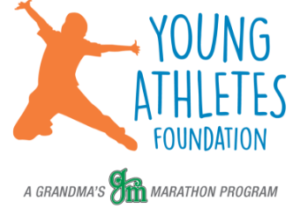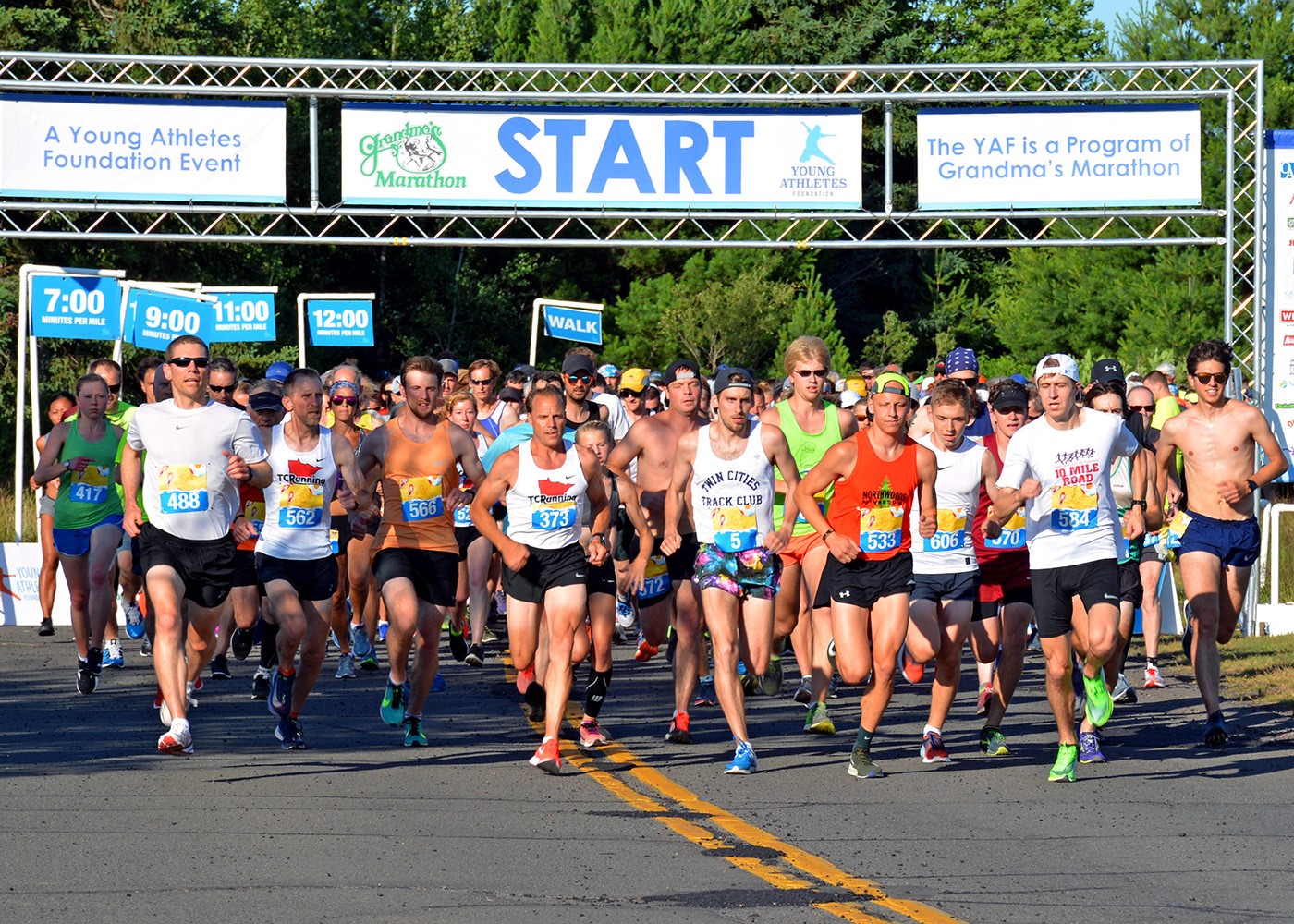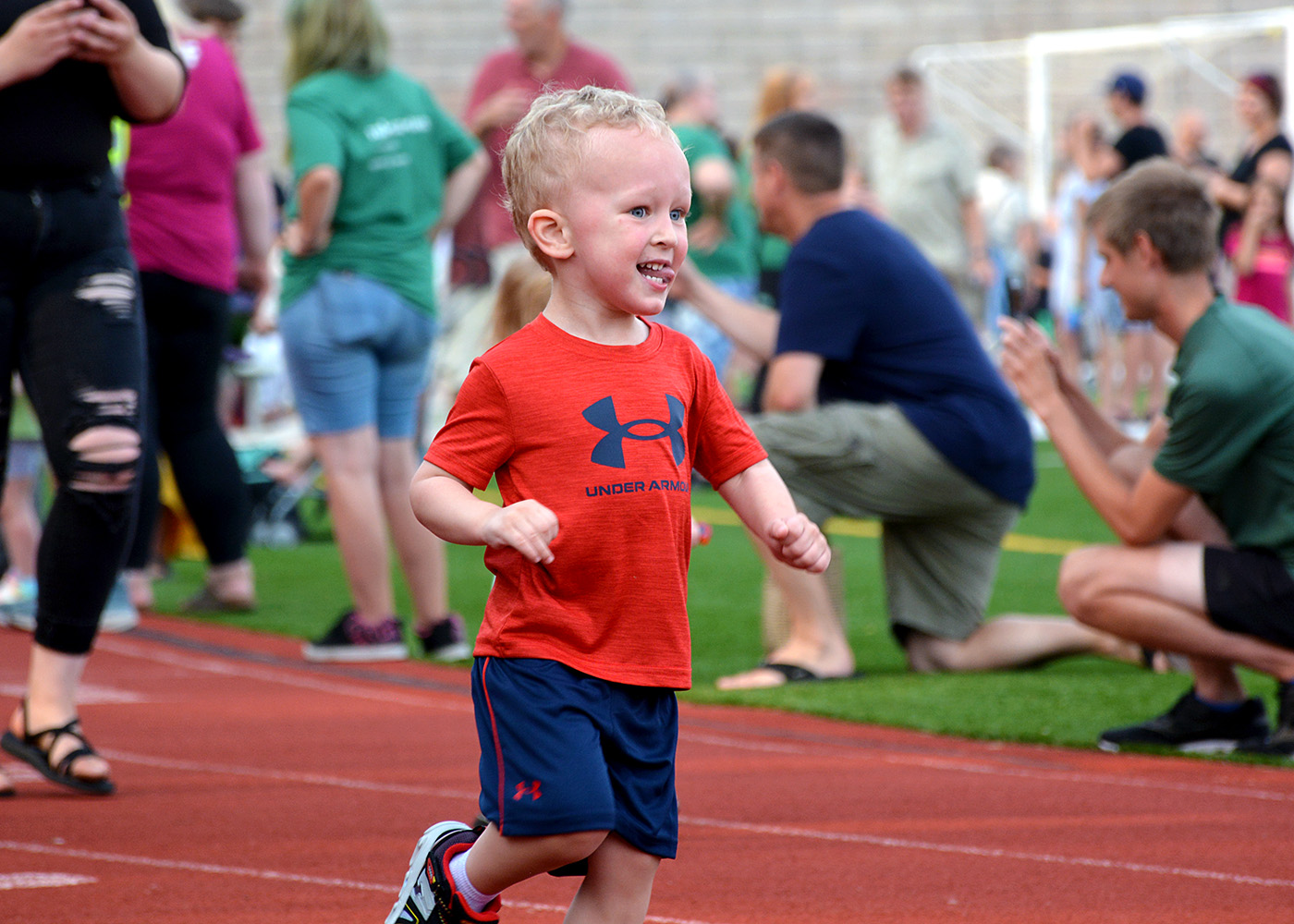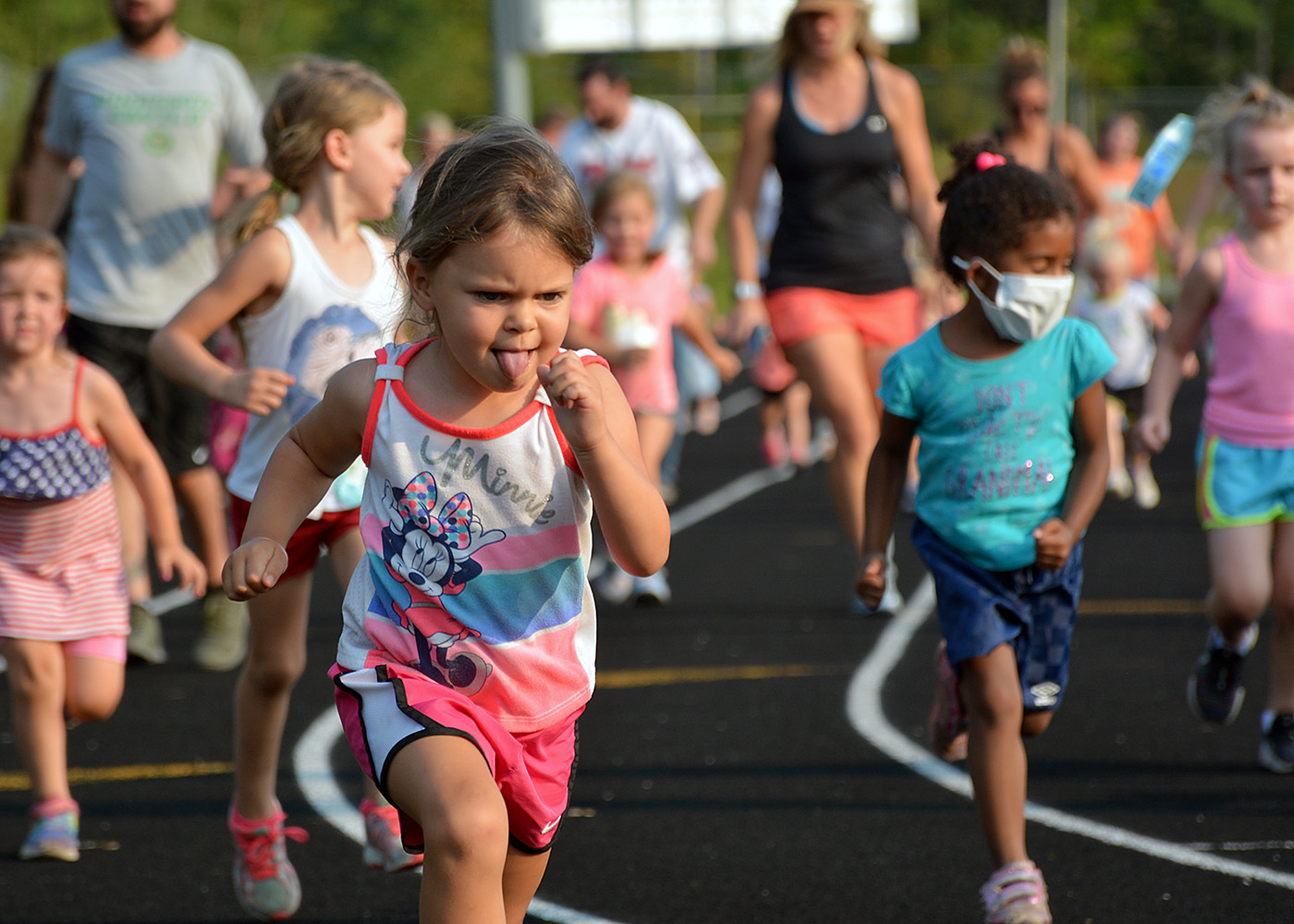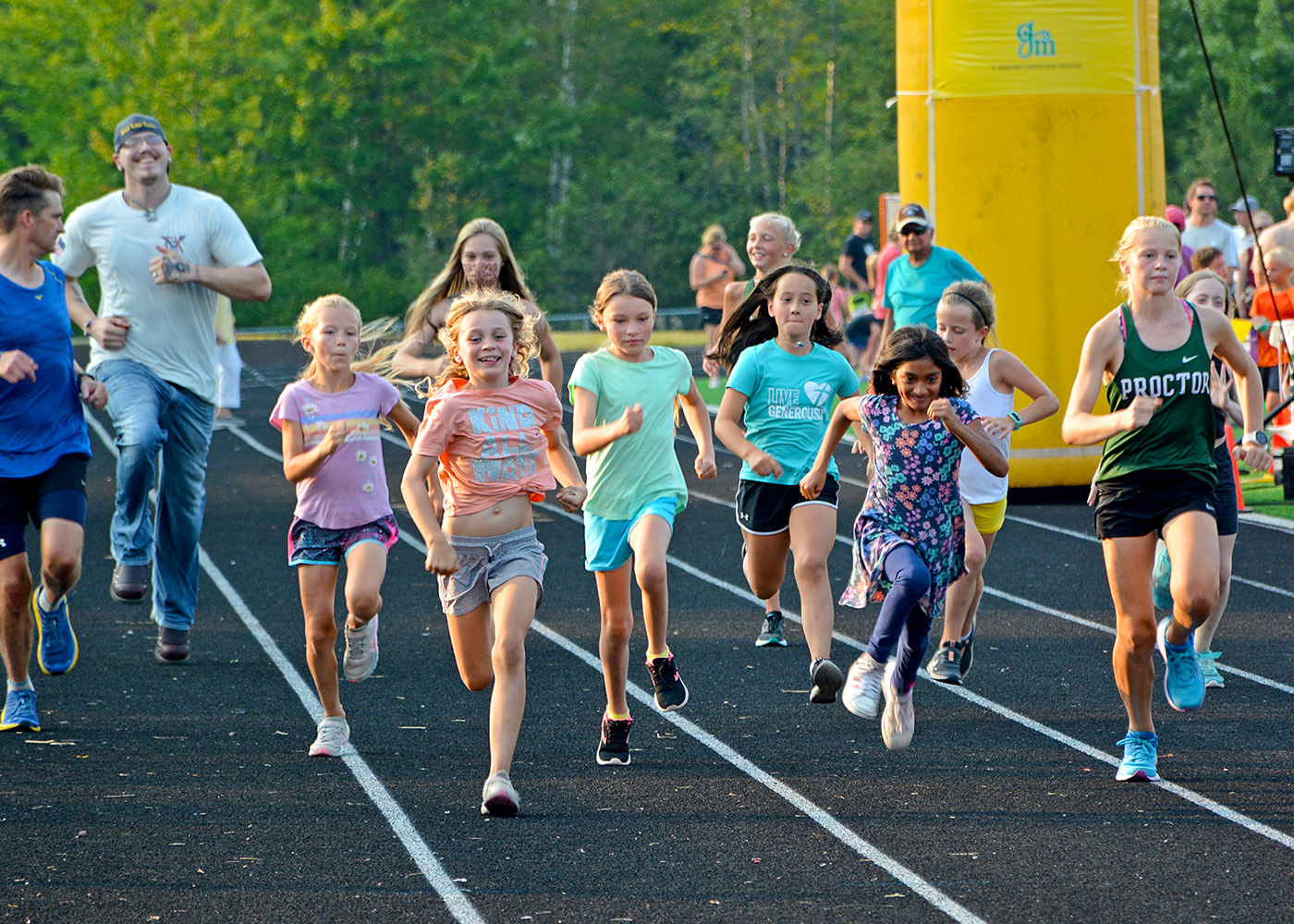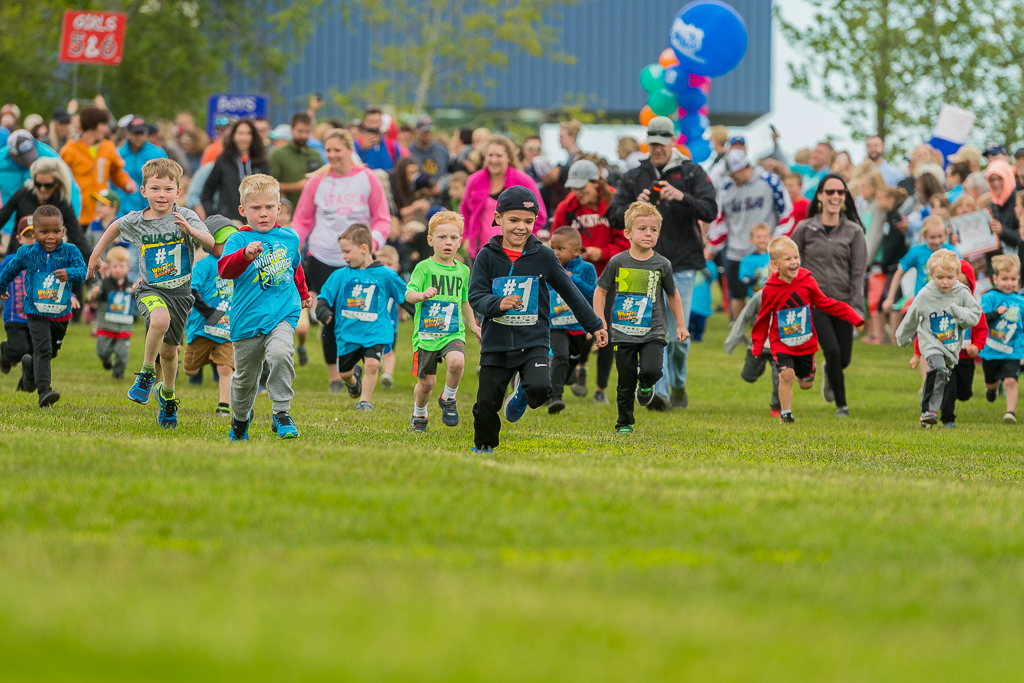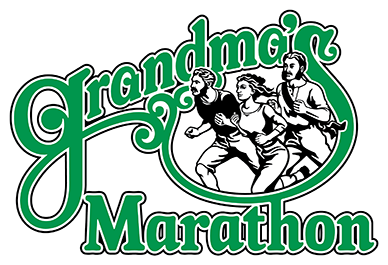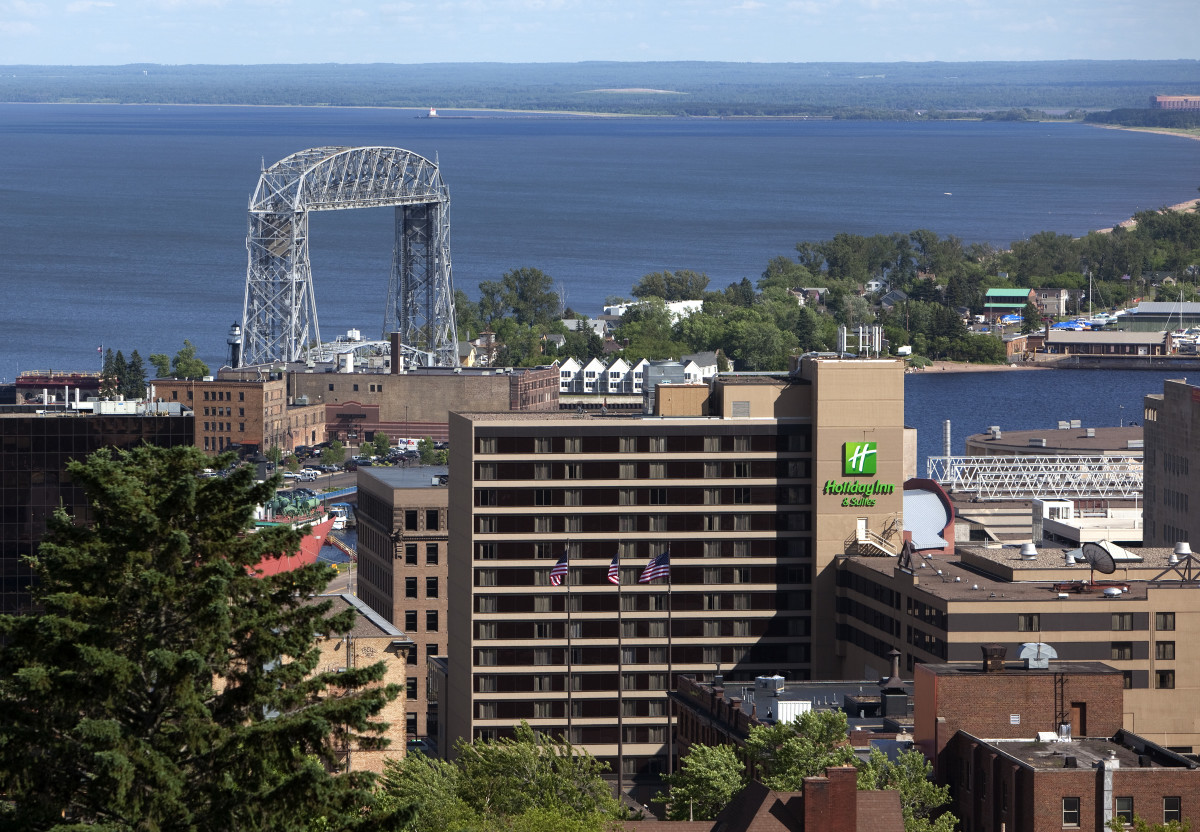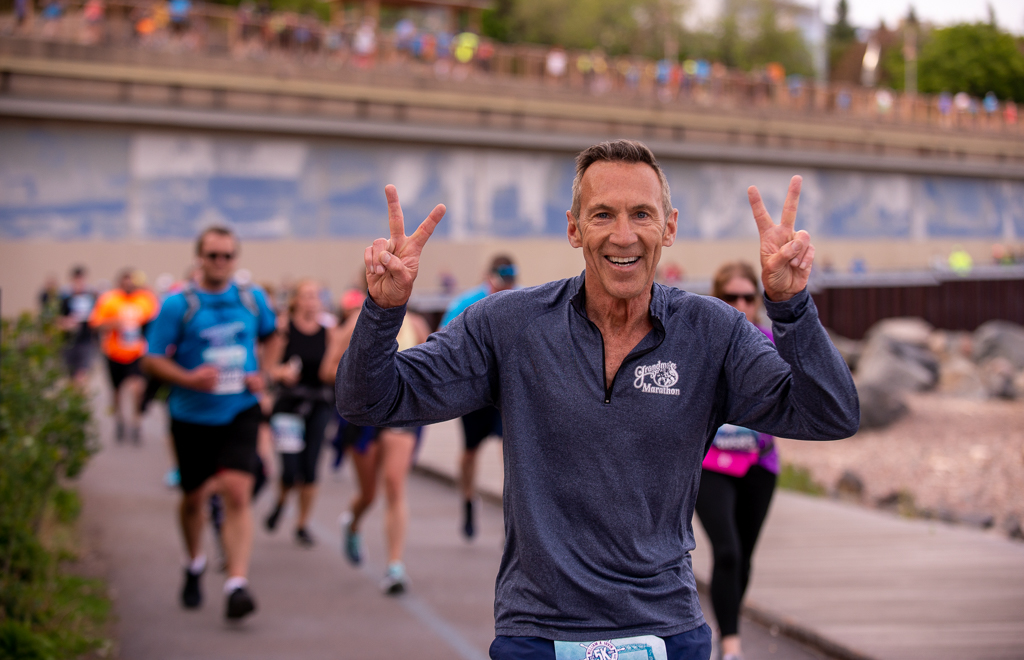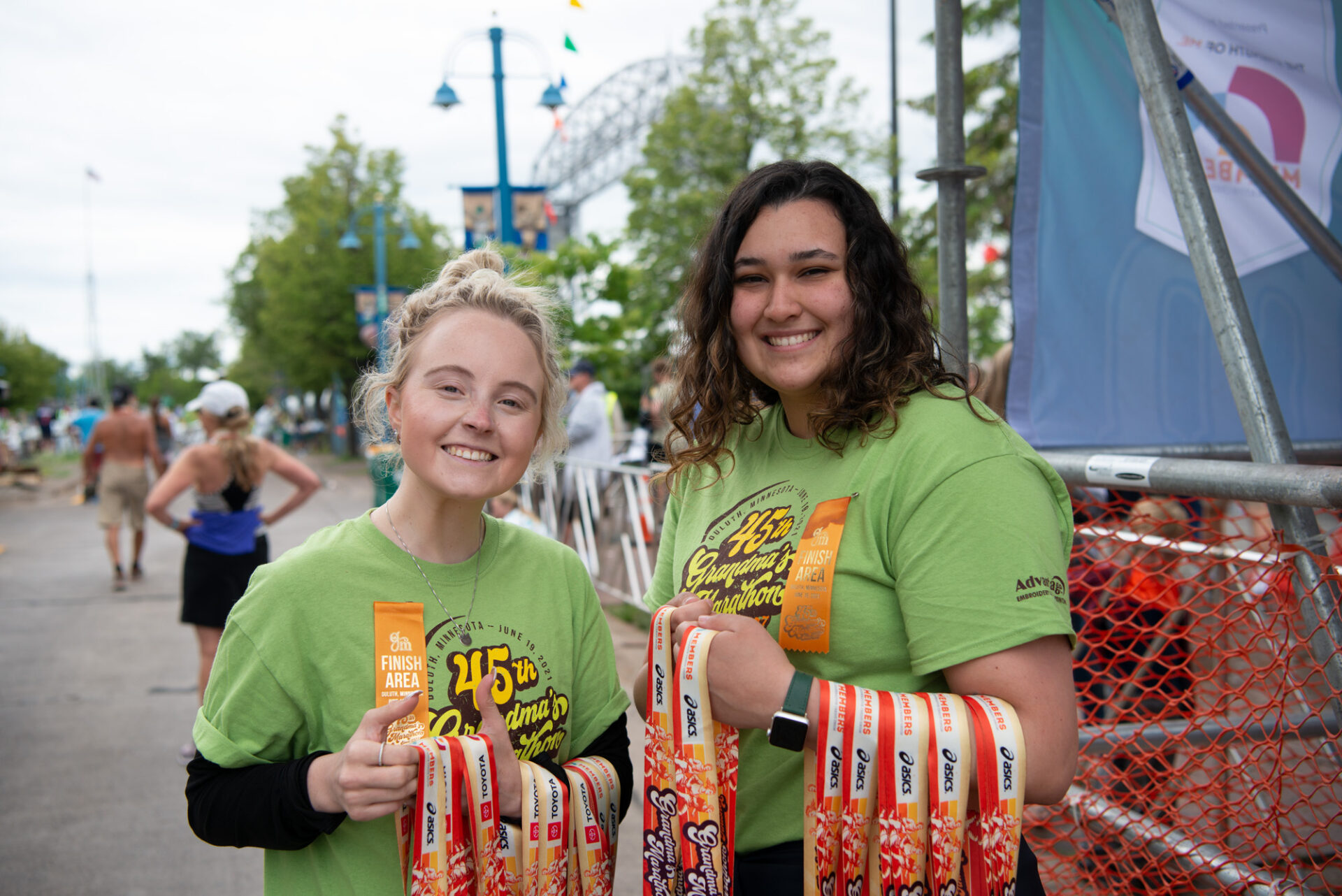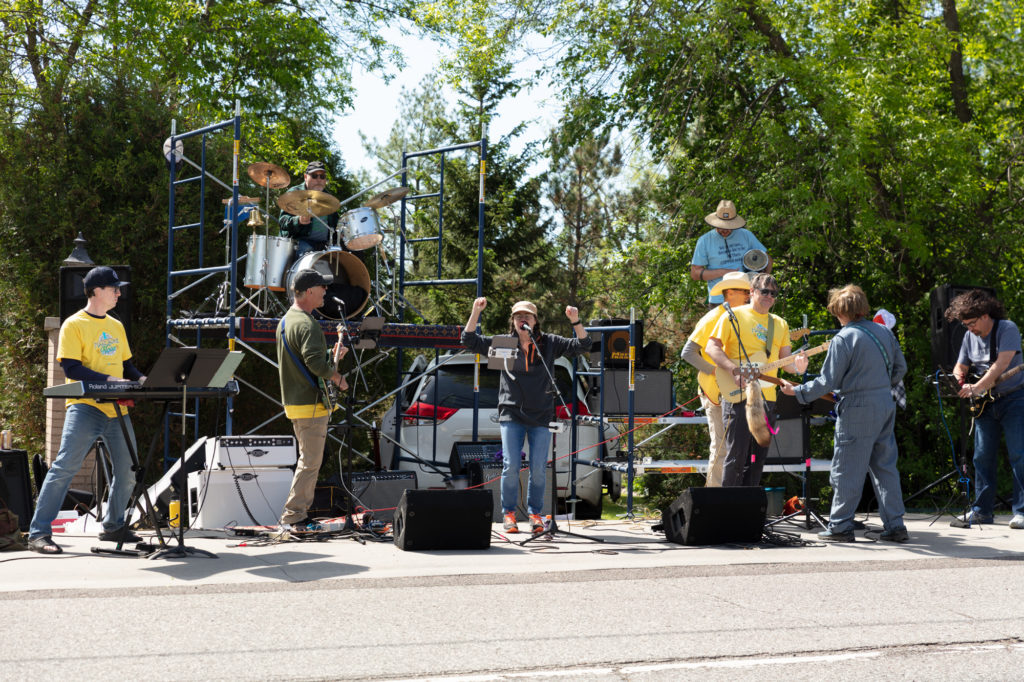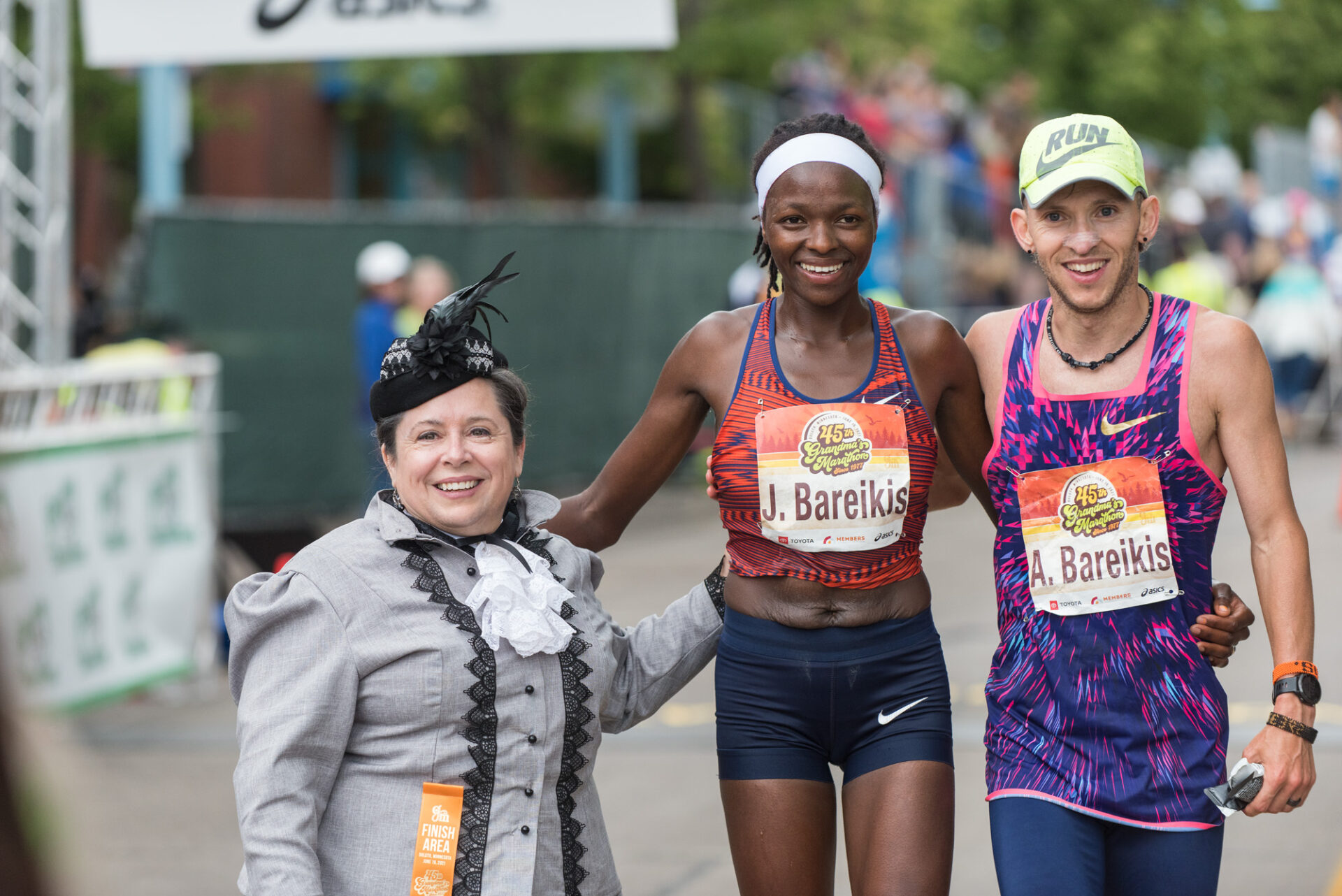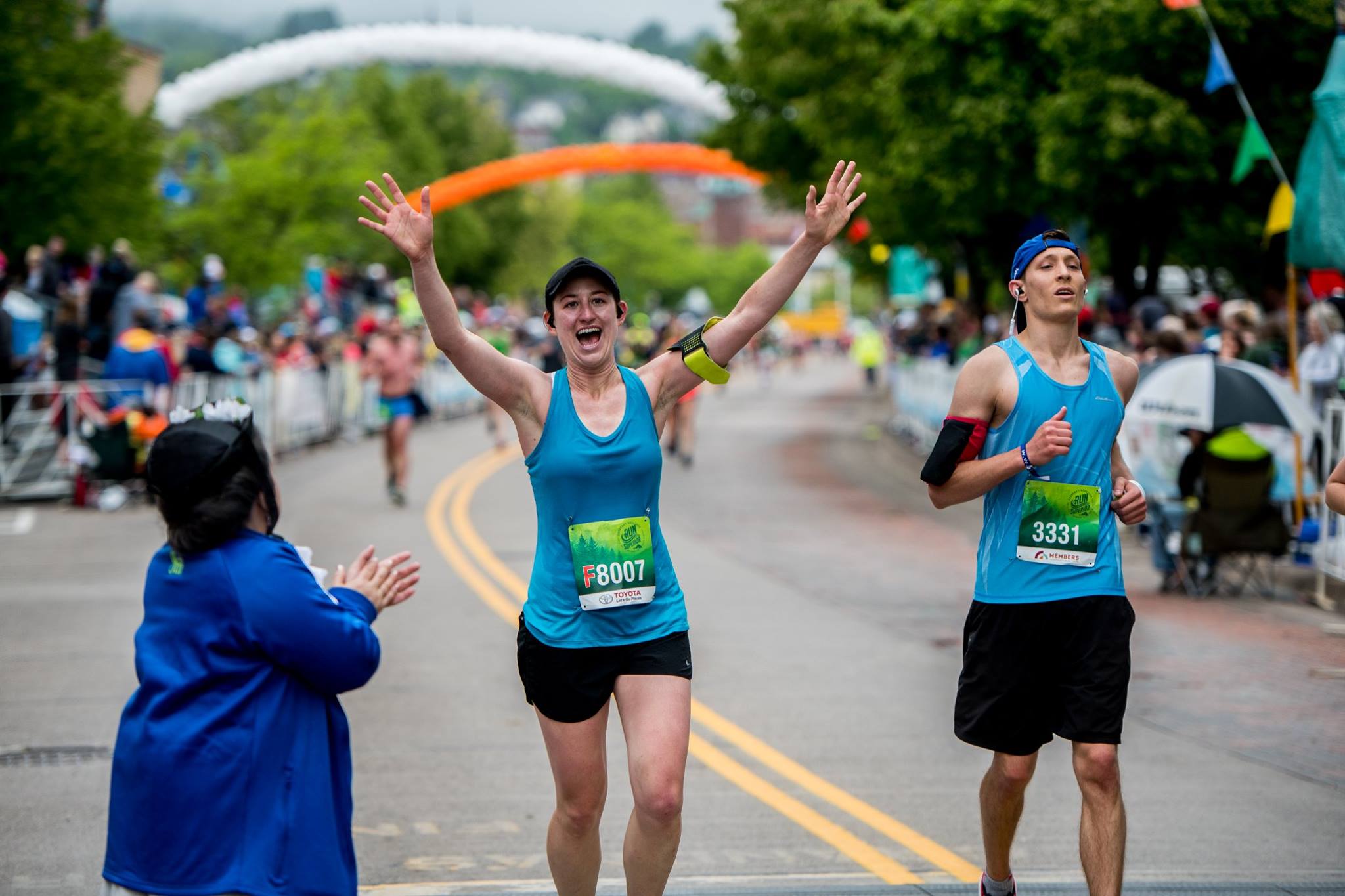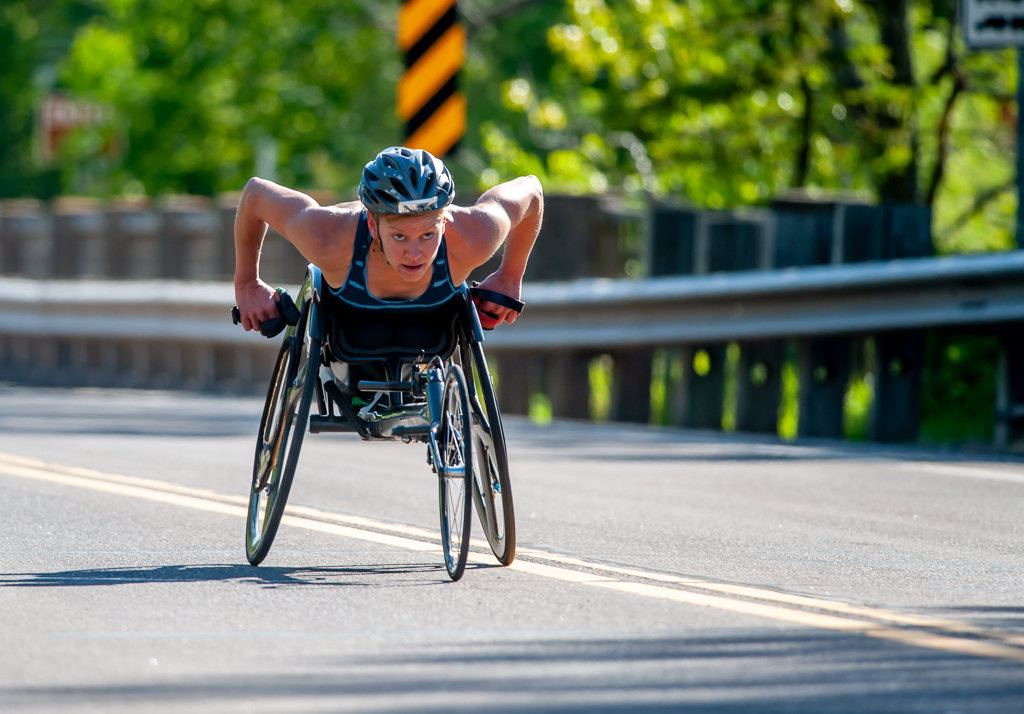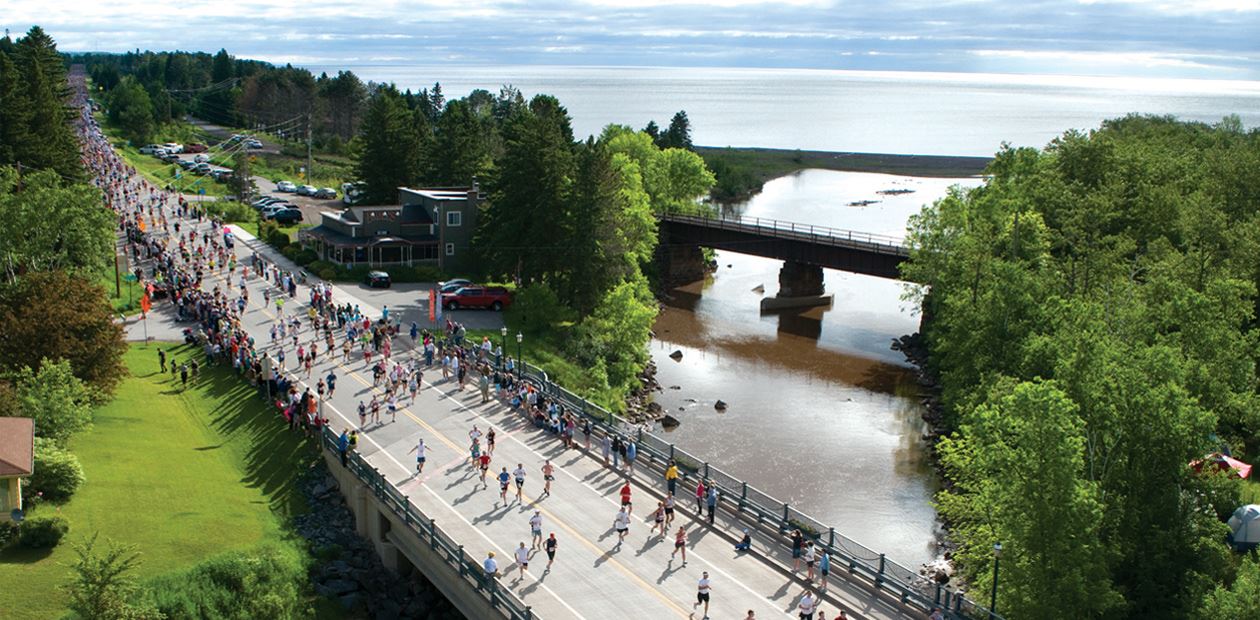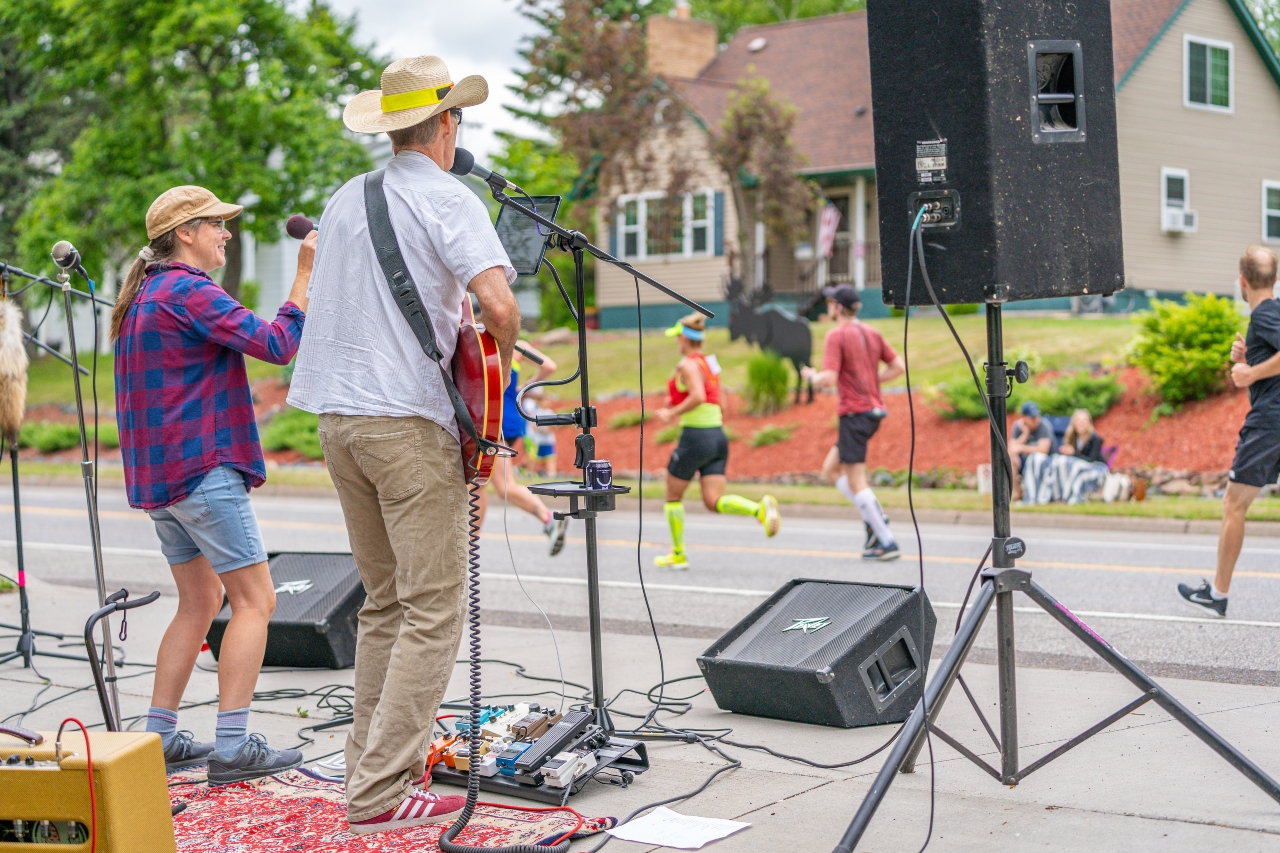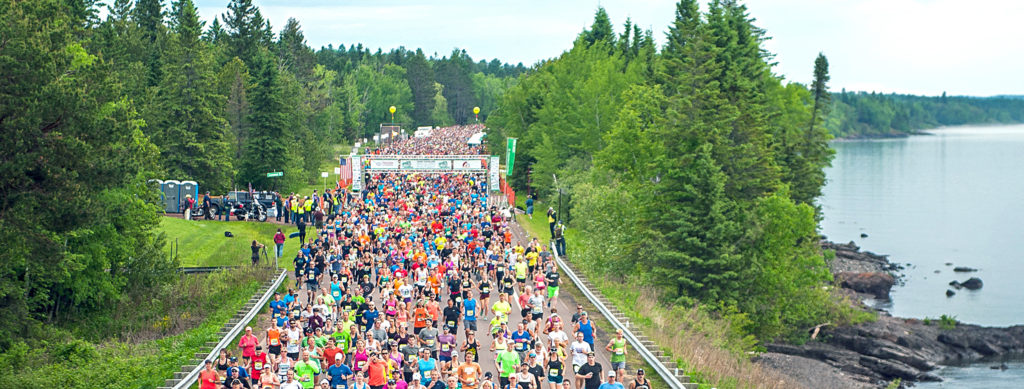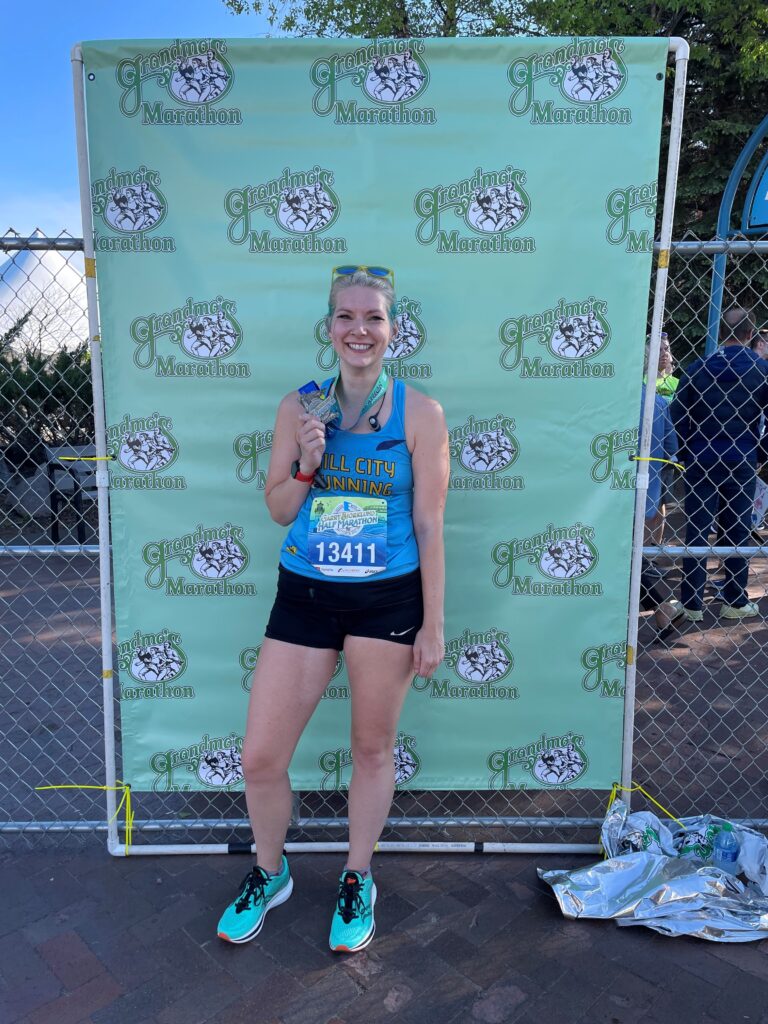
Allistic (non-autistic) people have always controlled the narrative about autism. It has usually been framed in one of two ways:
1. As a burden, a tragedy, the worst thing in the world to happen to someone and your entire world is going to end and/or collapse if you or your child is diagnosed.
Or, 2. The humanity of an autistic person is not recognized unless we are some sort of savant; someone who has a specific ‘superpower,’ based on our special interests (think Sheldon Cooper from the Big Bang Theory, Sean Murphy from the Good Doctor, and Sam from Atypical).
Both misunderstand what autism really is: neutral. Autism is autistic joy; the pure emotion of engaging in a special interest and infodumping for hours about it. Penguin pebbling and giving someone a gift because that specific thing that’s in a special interest made me think of you. The happy flappy hands! But it’s also struggling in a world that was not meant for people like me; struggling with social cues and not understanding if someone has taken advantage of me, the inability to understand my feelings until days or months later because I don’t know what I’m feeling but I know that I feel it, creating scripts of what to say in certain scenarios because communicating with others without them is a challenge, or not being able to fully participate in my special interests because of overstimulation.
Autism is neither one of these experiences or the other; it’s a whirlwind of all of the above. My name is Ashley, I am autistic, and these are my authentic experiences as an autistic runner.
I grew up a non speaking autistic child who was put in so many programs in my teacher’s hopes that they could “cure me,” at the ripe age of 2 and a half. I grew up believing that I was different, but my differences were never fully explained to me; the only discussions I had about being different were in a “you overcame it and you don’t ever have to worry about it,” type of way.
Autism wasn’t something even remotely on my radar until March of 2020 where every conceivable routine I had collapsed on me: I had no school, no job, and my coaching tenure of three seasons with Hamline University was cut short at the beginning of the outdoor track season. It wasn’t until April 2020 where I watched live social media coverage of protests along my usual running route at the very beginning of the Covid 19 pandemic that it was. I am asthmatic and immunocompromised; it terrified me that I could run into thousands of people and contract a deadly disease that I was more immune to dying from.
Most allistic people wouldn’t think twice about finding a new route to run; but me, I was stuck. That was my running route, at the time I always run on it, and I immediately began to break down. This rigidity caused so much anxiety and caused me to ask the question of: “is this what being autistic feels like?” after binging on an entire Domino’s pizza because I needed to feel something other than anxiety, but I couldn’t go running which was the stimulation I was seeking.
I knew in this moment I was, because no allistic person would ever ask themselves this question; but for confirmation purposes, I went in depth with my life, looked at the diagnostic criteria and was able to pinpoint exact moments in my life at 28 and my childhood to identify how autism has impacted me my entire life. As a result of how thorough of research I conducted on myself, I was medically diagnosed in two months which is very uncommon for autistic women.
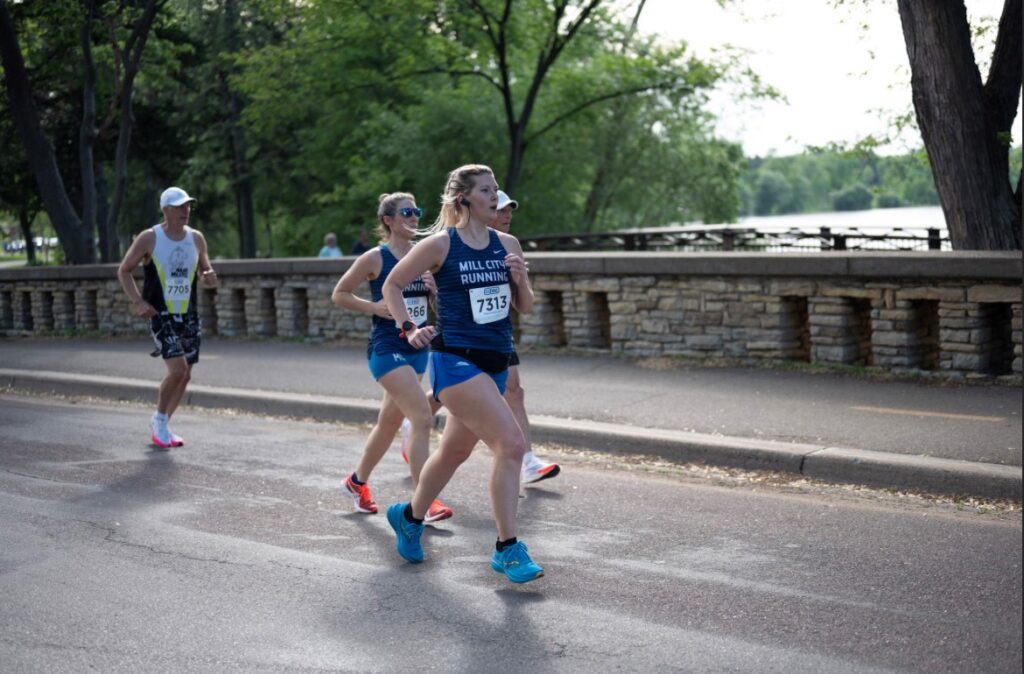
With this diagnosis, came a flurry of emotions: I was so excited I had answers! That I wasn’t broken to which that’s how I viewed myself growing up for the entirety of my life up to that point. I was/still am lucky to be alive as I have struggled with depression, anxiety, and c-PTSD since the age of 13 and have survived multiple suicide attempts (not knowing who I truly am almost made me a statistic within my community as suicide is the second leading cause of death for members in my community). And also, it came with grief: sadness that I spent 28 years of my life not fully understanding myself and demonizing myself for things about me that I could not/cannot change.
Much like autism, I never believed in my lifetime that I could ever be a runner. I grew up an athlete, which I didn’t know at the time that athletics was a way of sensory seeking for me at a young age. My chosen sport was soccer as a goalkeeper just because I didn’t have to run; I felt embarrassed that I was so much slower than my peers, but throughout my life, I’ve tried at least 13 different sports.
Then at 19, I was diagnosed with asthma and I had answers as to why I struggled to breathe while running. With this diagnosis came a stigma that I would never be able to run, but I refused to believe it. I immediately signed up for a beginning running class at the University of Minnesota to prove that misconception wrong. Then naturally, I signed up for my first marathon. Then this marathon led me to the start of Grandma’s marathon for the very first time. Grandma’s was the catalyst for me wanting to take my running journey seriously because of how badly I suffered in both races.
The first was a downpour in 2015. I barely trained for the run, let alone the elements. So I bravely put one foot in front of the other and finished in a time of 6:00. The next was the black flag year of 2016. It was so incredibly hot and humid that my race goals shifted from time goal to “don’t end up on the DNF bus.” With third degree burns on one side of my body (the side that faced Lake Superior), I clocked in at 6:02 to finish. It was thanks to the hometown feel of the crowd support that made me feel like I wasn’t in my suffering alone that inspired me to want to become a more serious runner: someone who put the time in to train, was consistent with their training and that’s when running began to become what I would later find out due to my autism diagnosis is my biggest special interest.
In the last six years, I have shaved two hours off my marathon time; I ran 4:02 at last year’s Twin Cities Marathon. I also have shaved more than an hour off my half marathon personal best going from 2:54 to 1:50, and I have consistently run PR after PR at Garry Bjorklund half which is my favorite race of the year (I ran a 12 minute personal best at last years Garry Bjorklund on World Autistic Pride Day!).
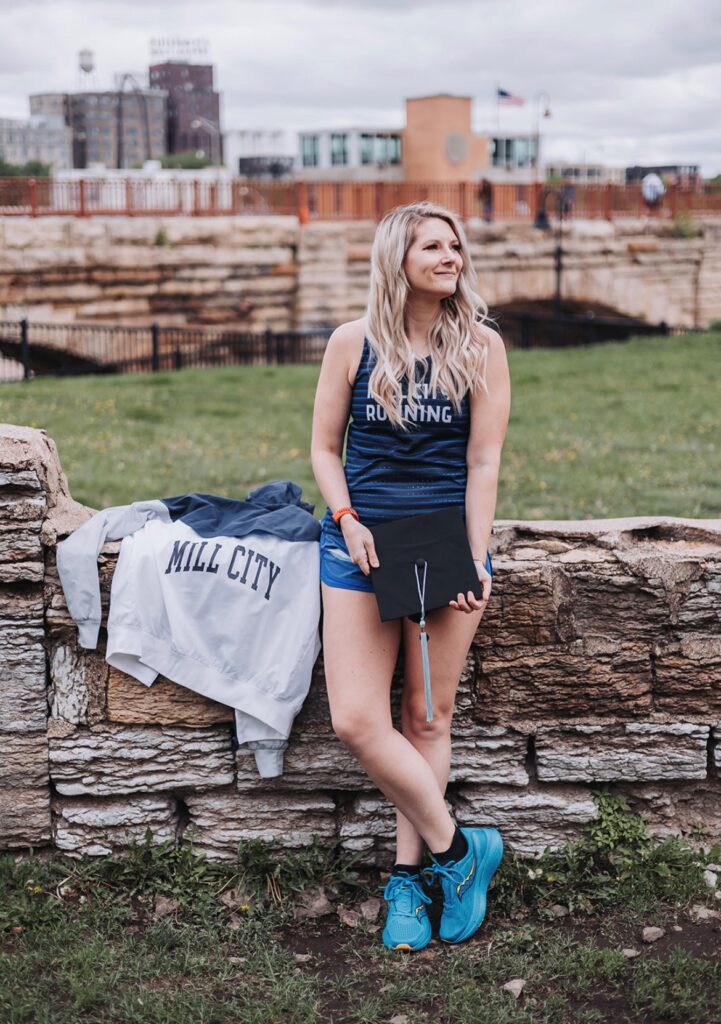
But the thing is, I wouldn’t have made all of the strides and successes I have without fully understanding myself. At 25, I had my first seizure and after two years of medical trauma, being abused by paramedics, ending up in medical tents with no idea how I got there, and all of the scary times I’ve dropped while running with no explanation and started seizing, I was diagnosed with non-epileptic seizures. Then came my autism diagnosis a year later on June 12th, 2020, and my ADHD diagnosis July 1st, 2021.
Having all of these answers has provided me clarity of how I need to accommodate myself while running: wearing headphones at races to not get too overwhelmed by the crowds as well as having my familiar race day playlist; carrying water with me for every run to regulate my body temperature, choosing how many layers I need for clothes because I run hotter and get overstimulated quicker in anything above 55 degrees, having a medical ID on my phone to help strangers best accommodate me when I am unable to speak for myself if I’m in a medical crisis, stopping a run if I become too overstimulated, DNFing a race to not cause myself bodily harm, and the most important accommodation: joining Mill City Running.
One may be wondering, “how can joining a race team be an accommodation?” Let me explain. As an autistic person, I genuinely struggle to connect with others in ways that don’t involve my special interests. I cannot carry a conversation, I don’t know when to insert myself in said conversations, and most times, these conversations usually end with me awkwardly standing next to people having a conversation and wondering if I have something meaningful to contribute; and by the time I do figure it out, the topic has already shifted to something else and the cycle starts all over again. But with Mill City, I connect with so many compassionate, kind, and loving people and I feel like I can be part of the community in unconventional, yet accommodating ways. On the days that I’m overstimulated, overwhelmed, and anxious, my teammates know that I can run with them in a parallel manner where I run beside them but do not have to socialize with them.
They know I still love and care about them, but they also know that I can’t hold a conversation for long periods of time without getting overwhelmed. Moreover, if I have had a violent meltdown or a seizure during a run or after a run, there has always been someone to support me there. It’s a place where I get the love I give back; where the front supports the back and the back supports the front. A place where the wacky, fun, and enthusiastic ideas and activities planned by our coaching staff push me outside my comfort zone enough where I feel safe to participate. A place where, even though I struggle, I feel welcomed, loved, and accepted there and for me as an autistic person, finding belonging and community is such an important part of my life.
I would not be who I am today without my diagnoses or without being a runner. I am determined, resilient, persistent, dedicated, and strong not only because of the things I have survived thus far, but because these attributes are skills I learned through every training cycle I’ve completed, every start line I’ve toed, and every finish line I’ve crossed.
I earned my Master of Arts in Education with these attributes, and concurrently, these attributes have helped me to be on a healing journey of the childhood trauma I’ve endured by not having my diagnoses and the bullying, shame, and self hatred that came with that. My autism is the joy I get after finishing a run, running my fastest time, cheering on my Mill City teammates, or going to a race team prom all dolled up because the theme was “Prom Themed.”
But it’s also fighting urges not to bite myself or cut myself when I’m overstimulated; it’s knowing that I struggle to live on my own, that even the smallest changes of routine can send me into an autistic meltdown. Autism is a normal, human experience that just is for so many in my community; and although not every human experiences it, those of us who do are just as human as those who don’t. I may be different; I need accommodations to equitably be able to run just like my allistic peers (sometimes the accommodation is not to participate because I physically cannot and that’s okay), but I am not less than any allistic runner out there.
FOLLOW ME ON SOCIAL MEDIA
Instagram: @ashley.daniels_

